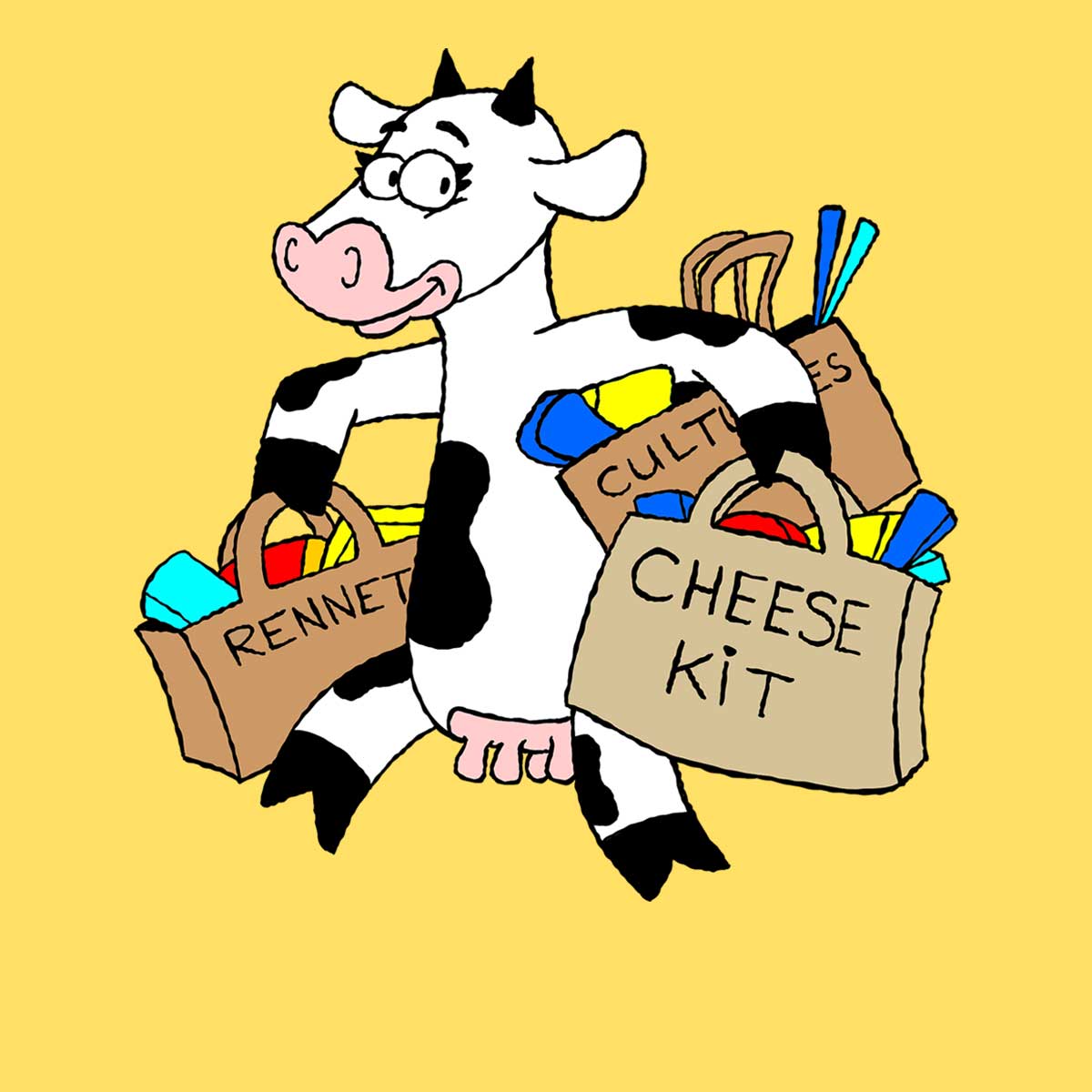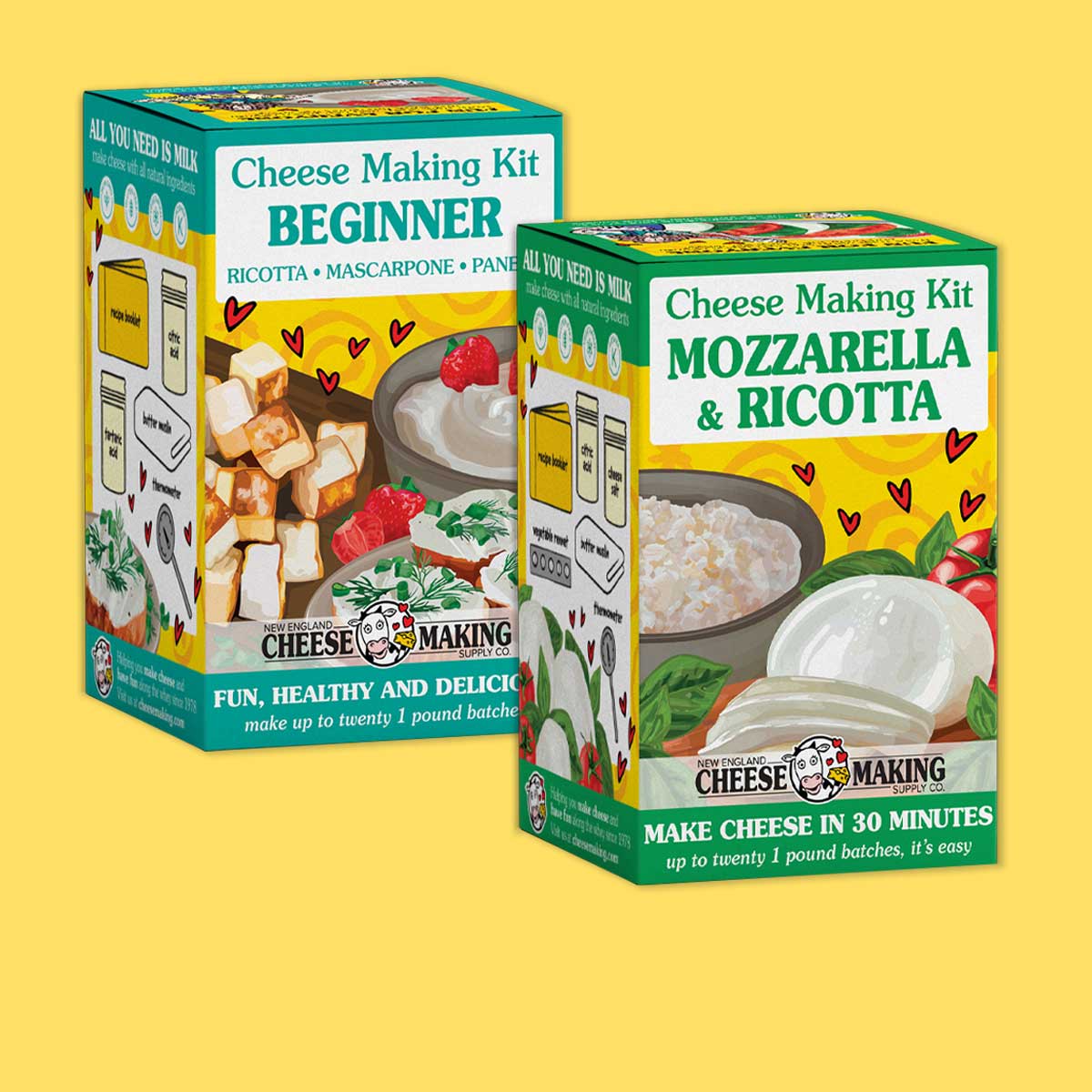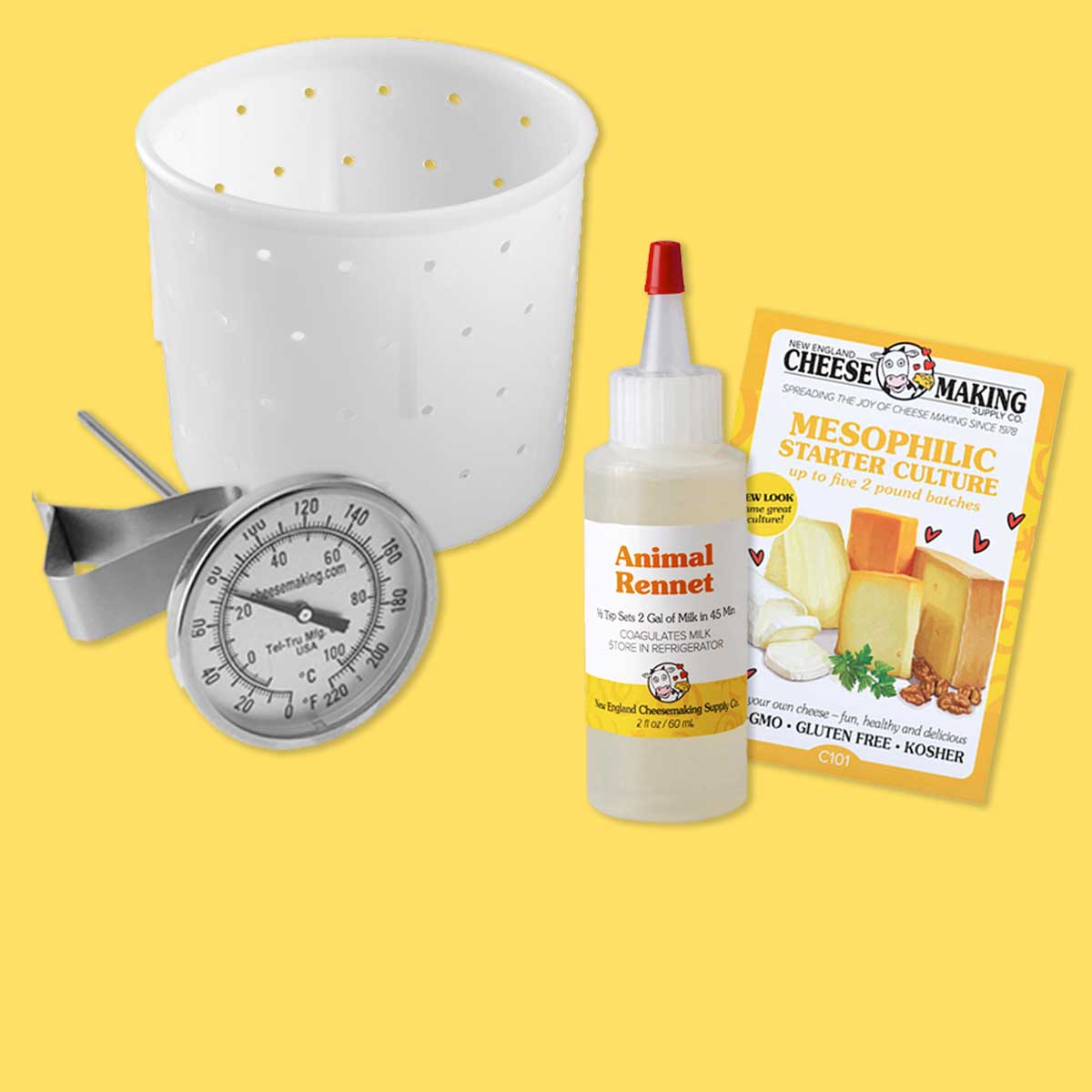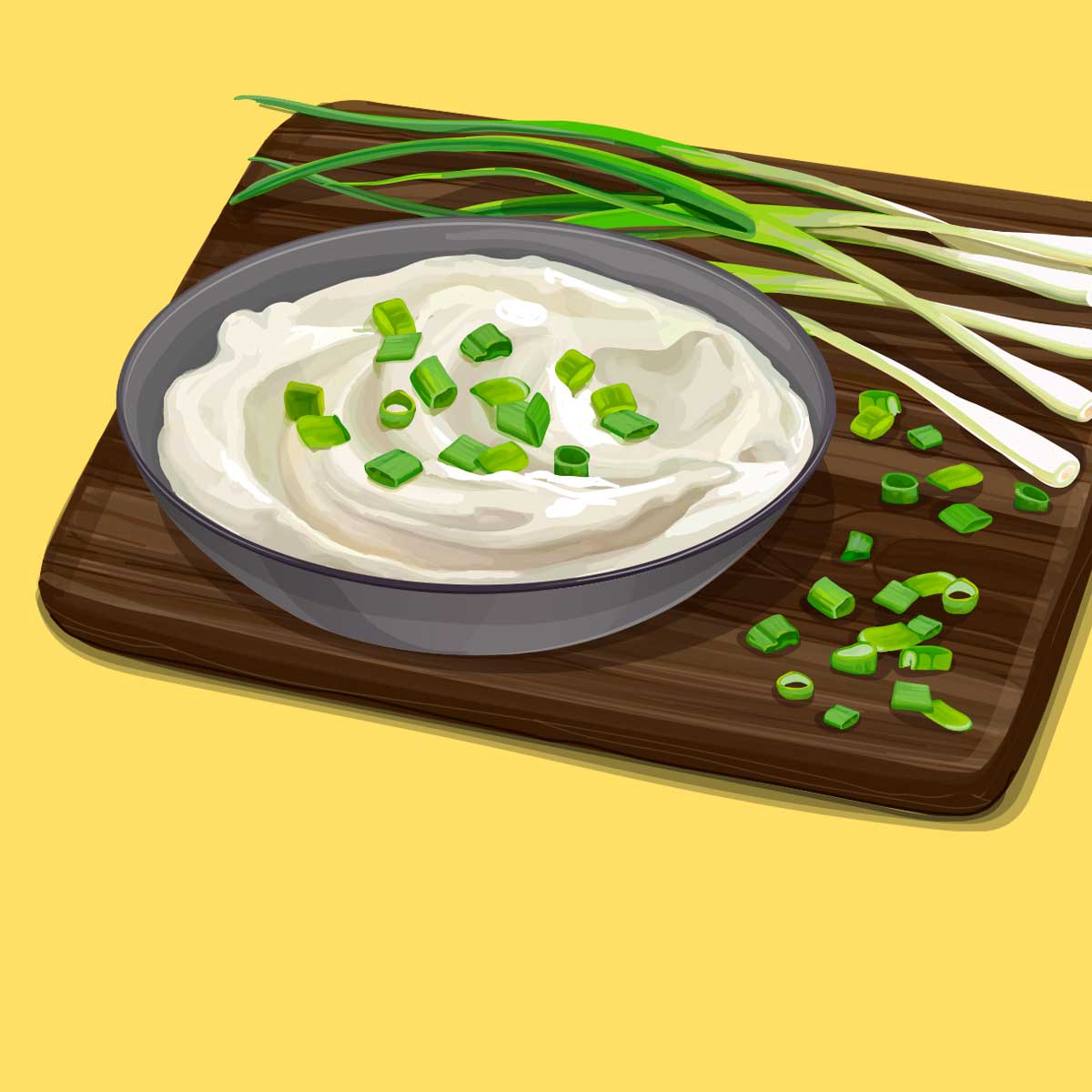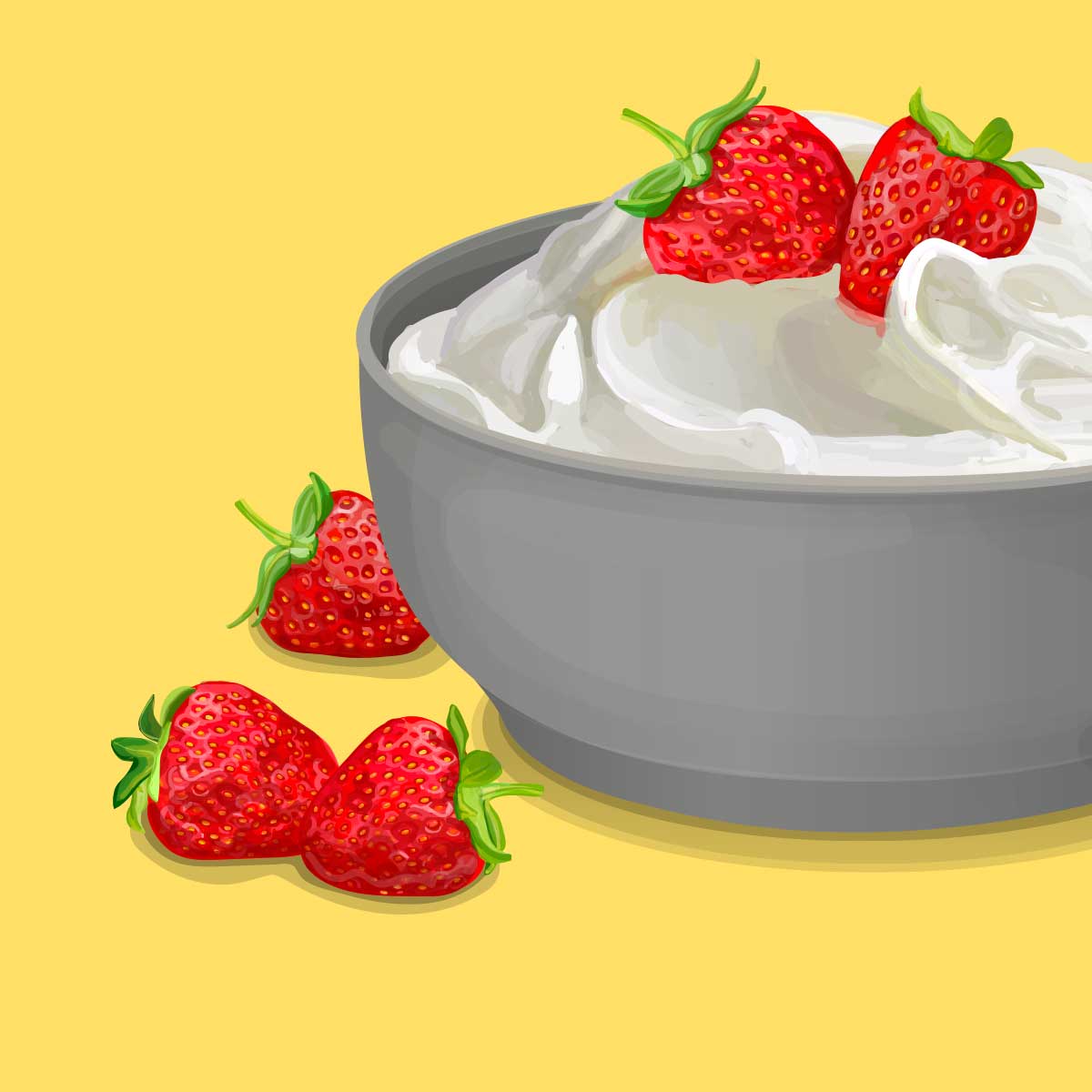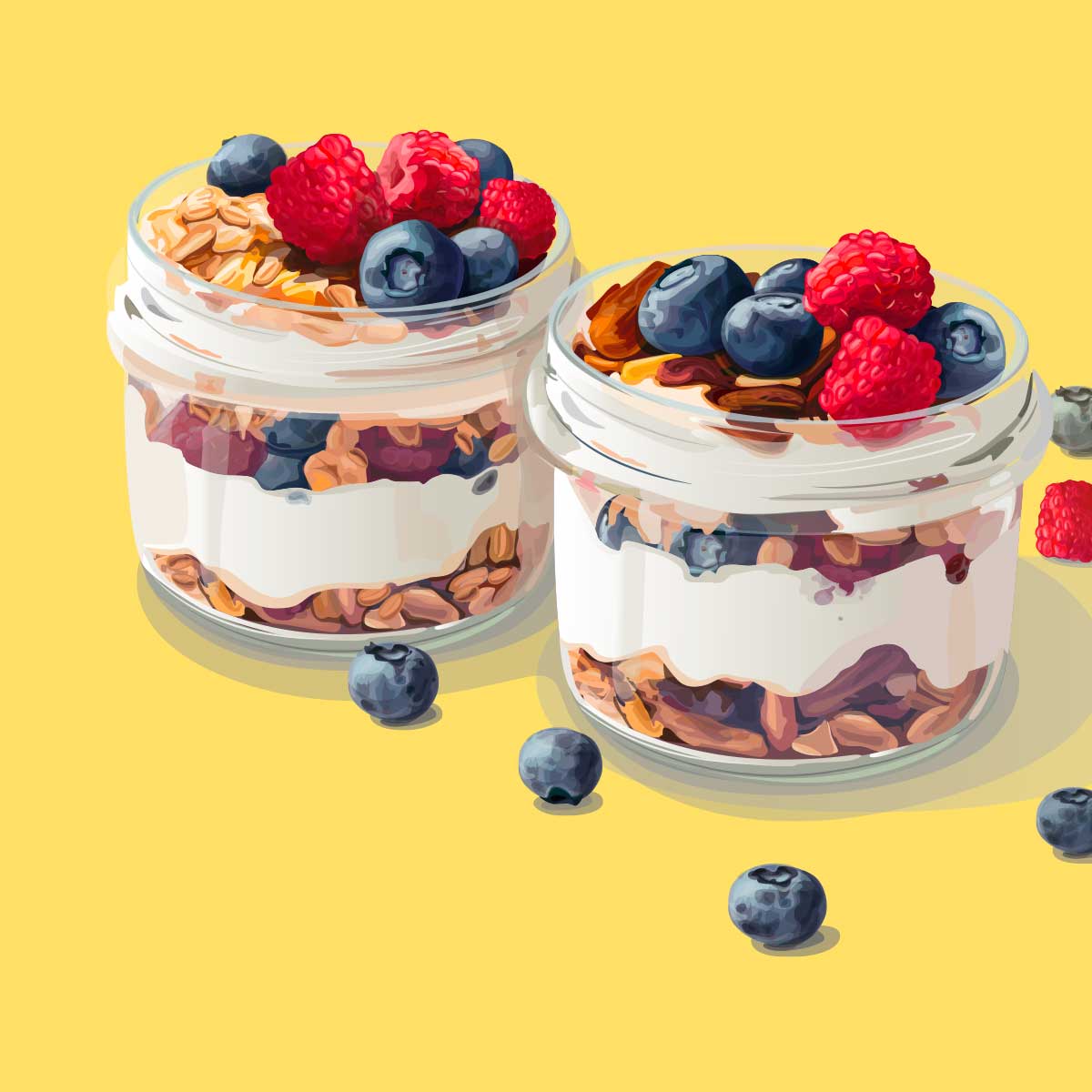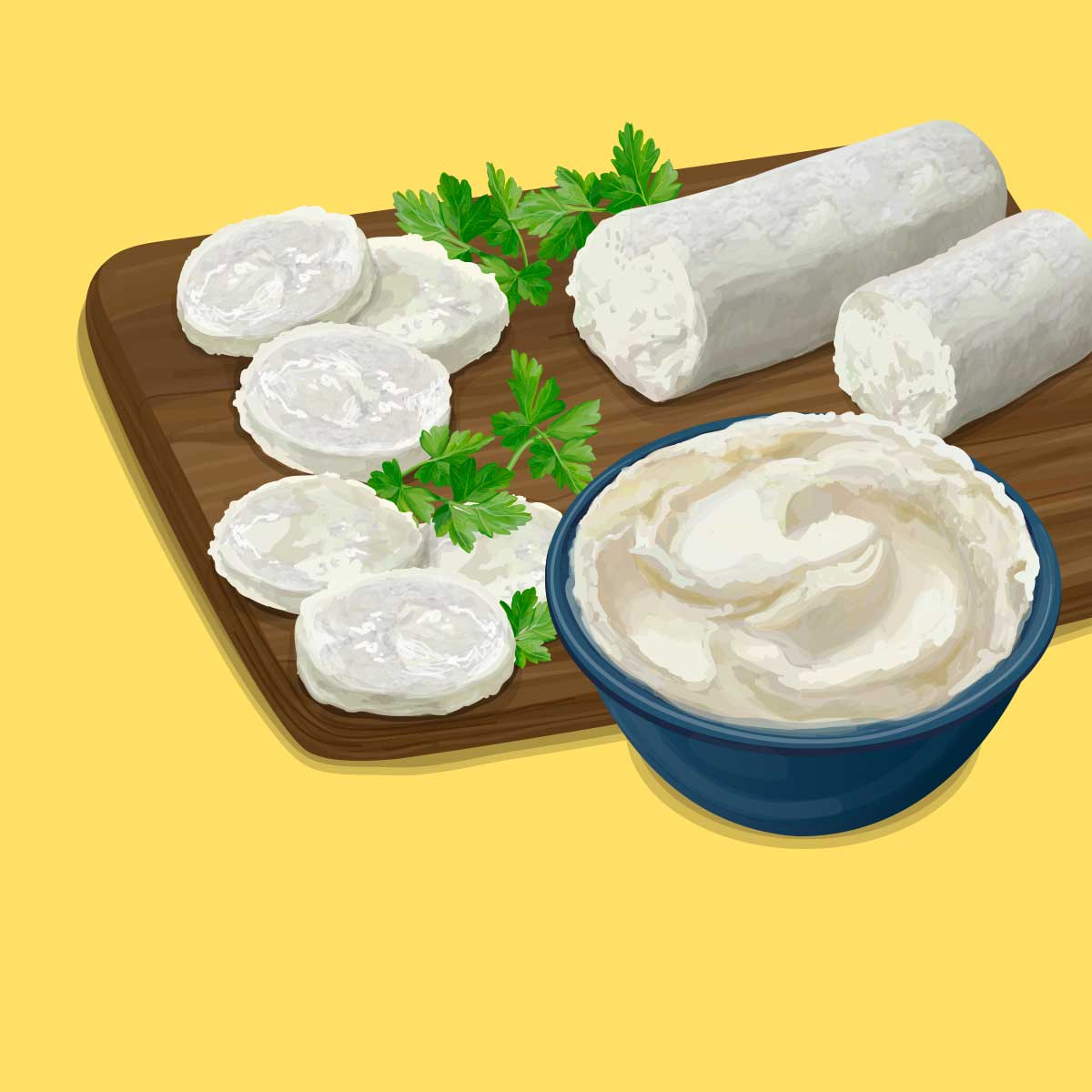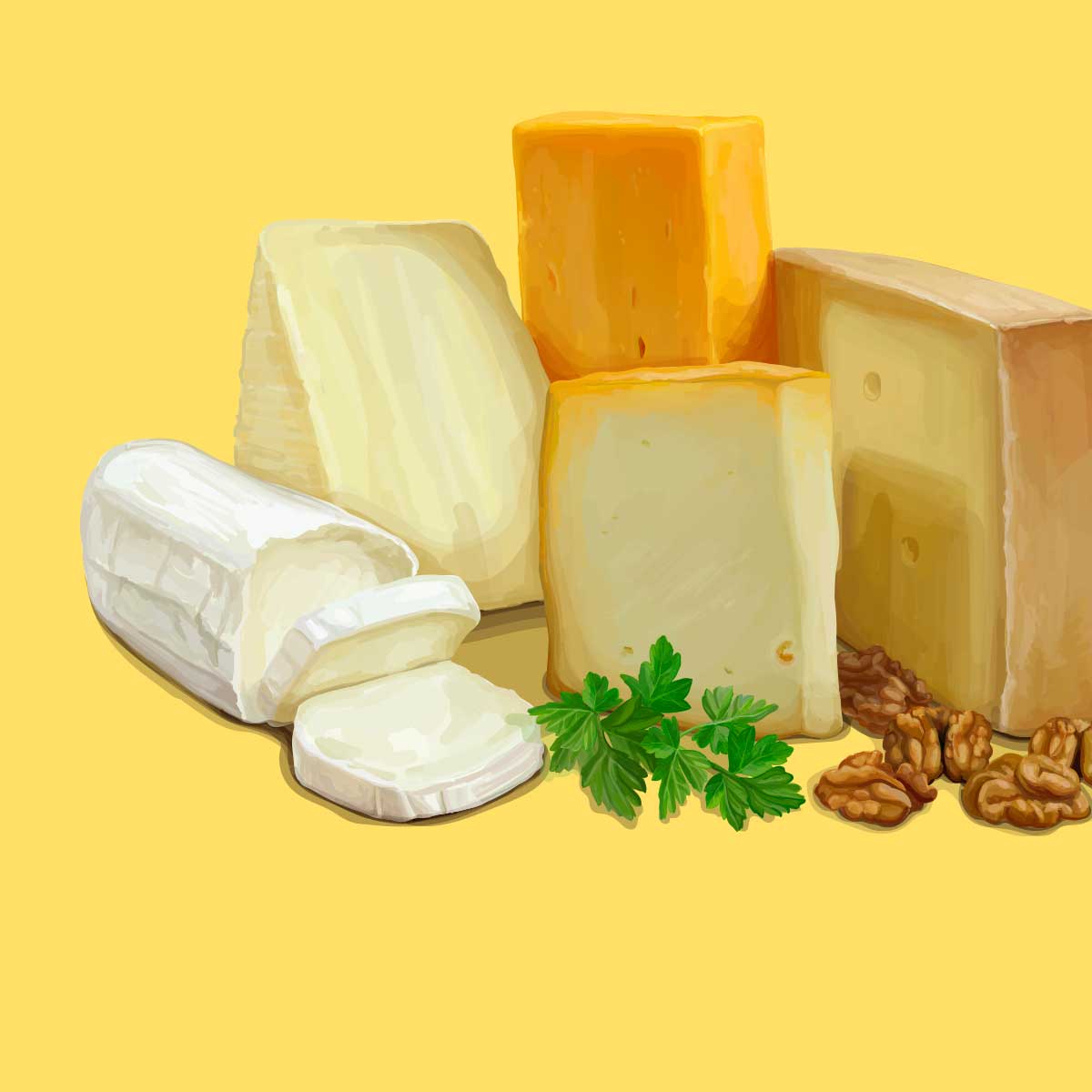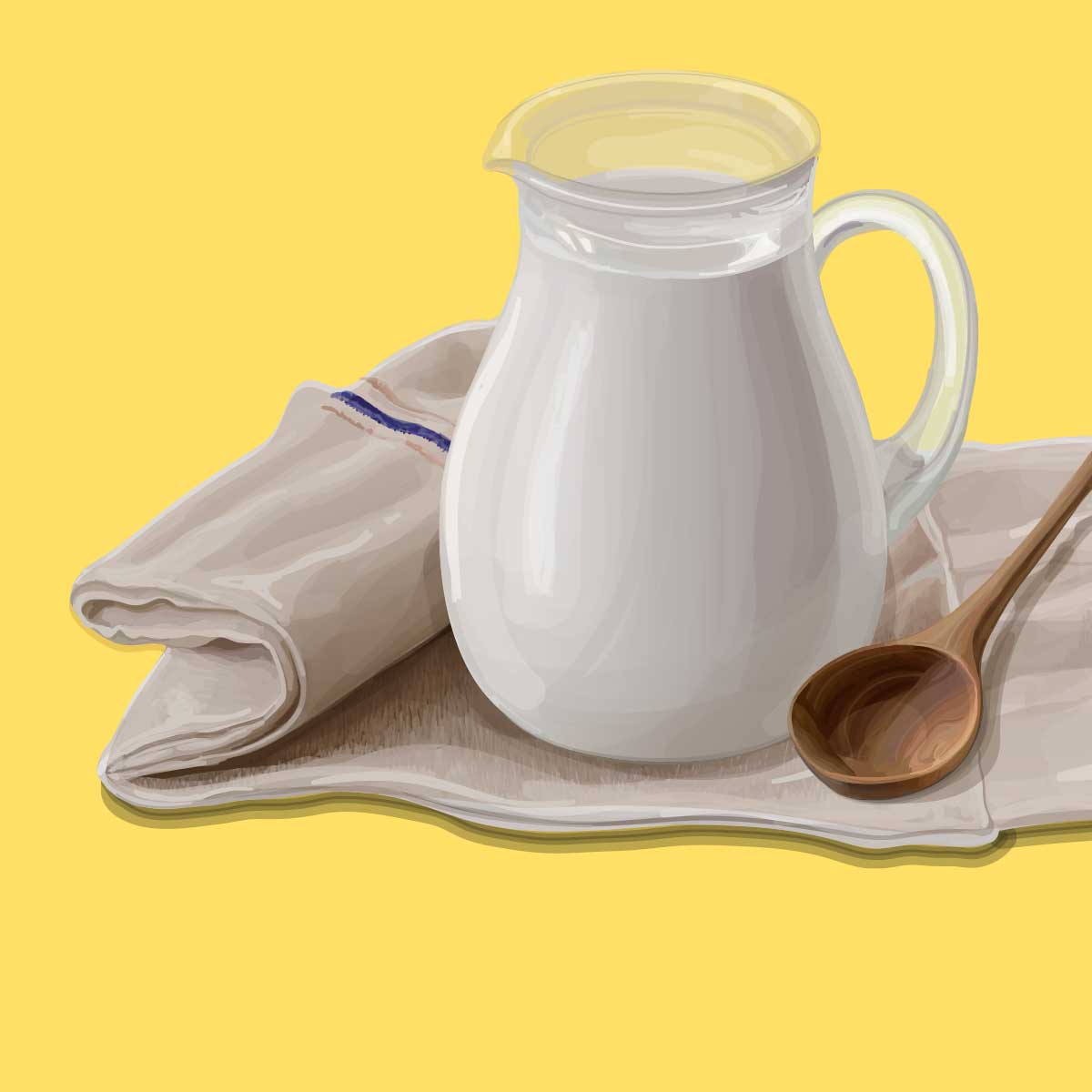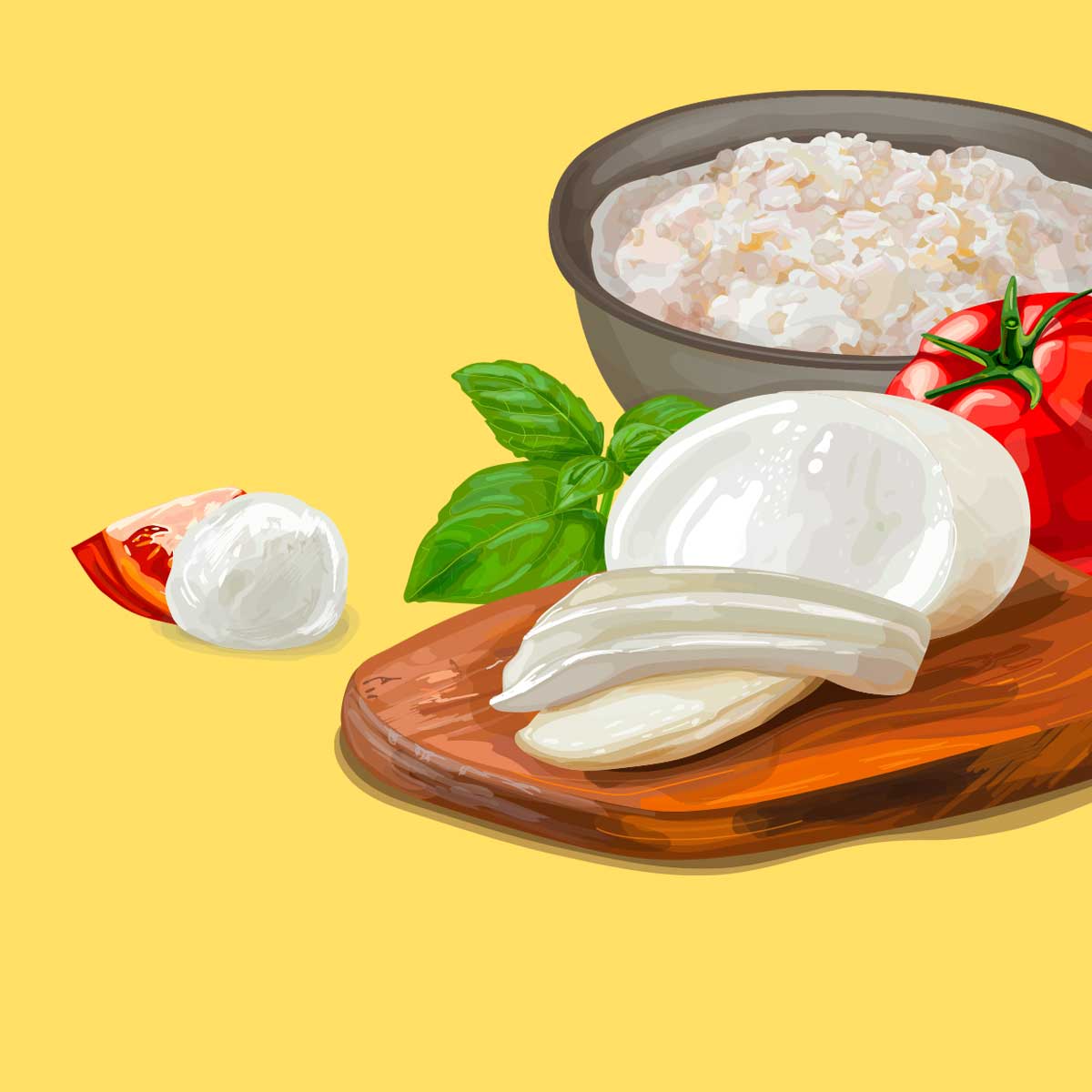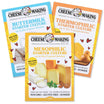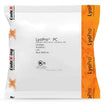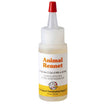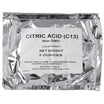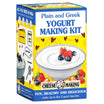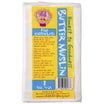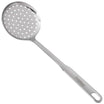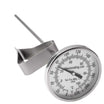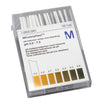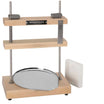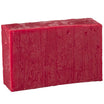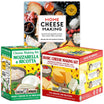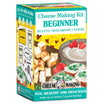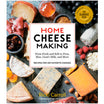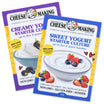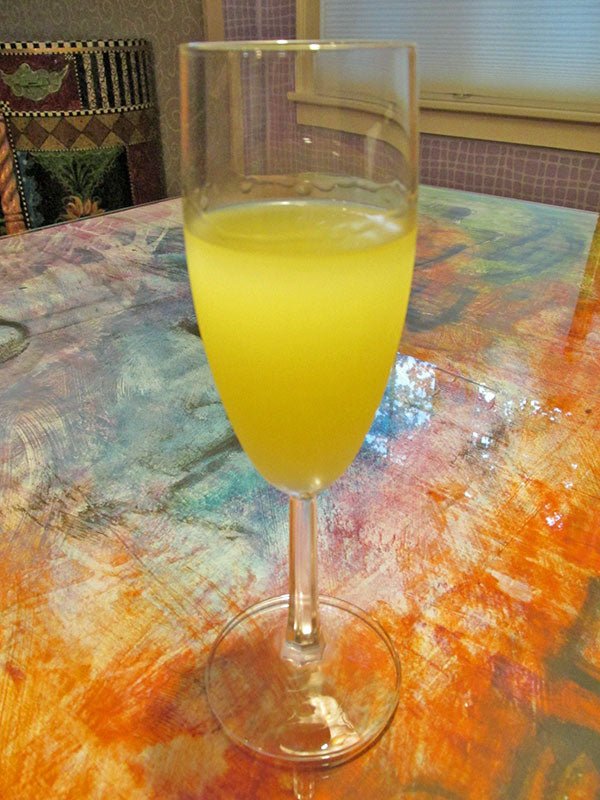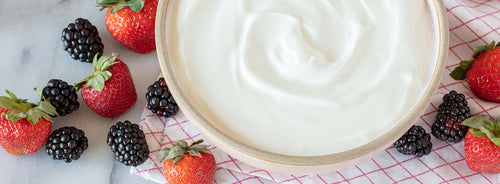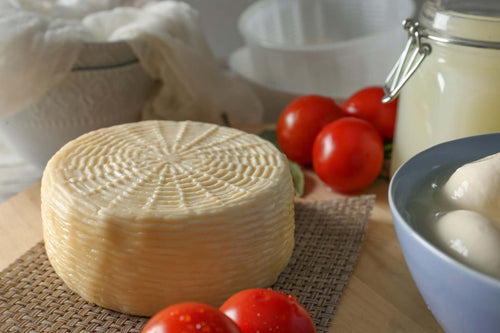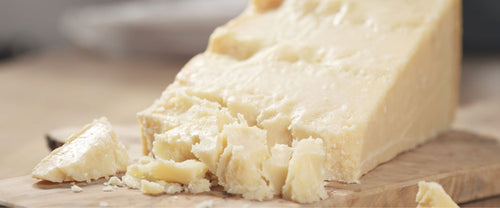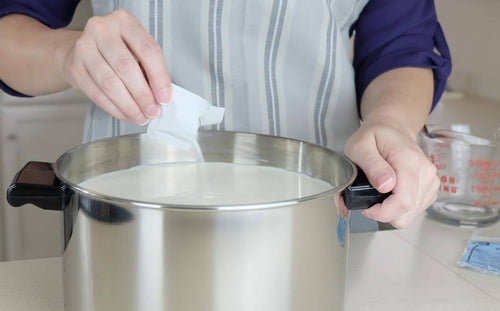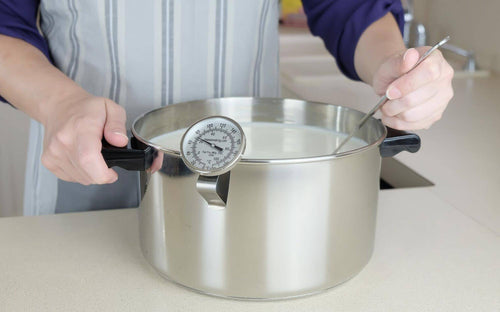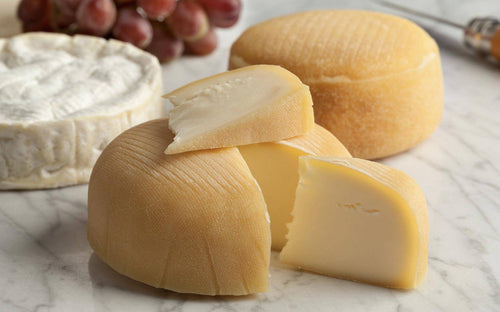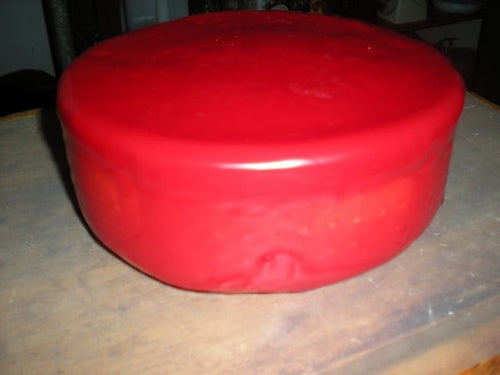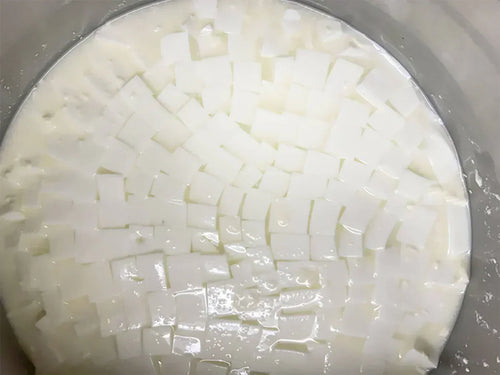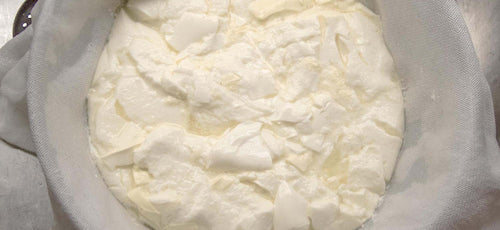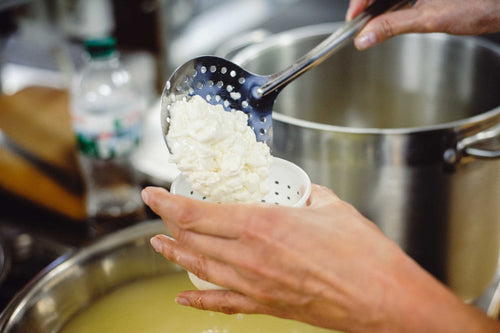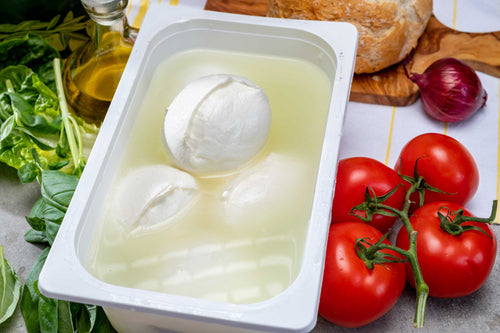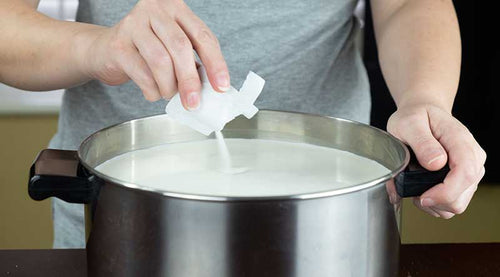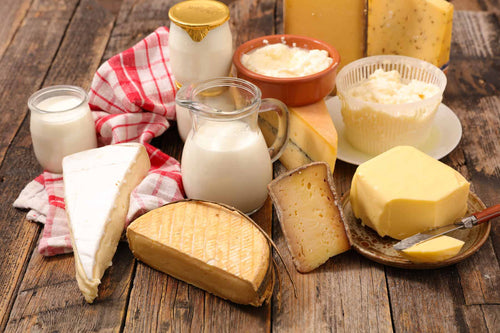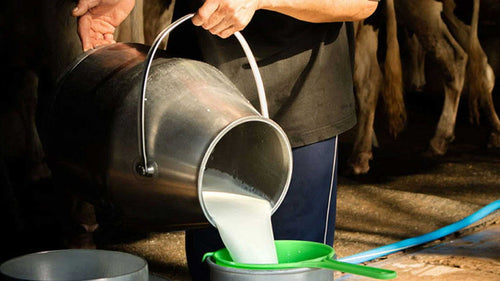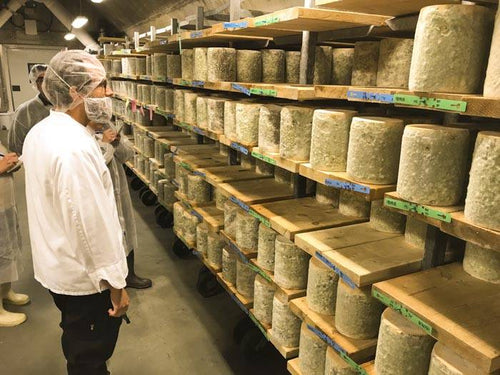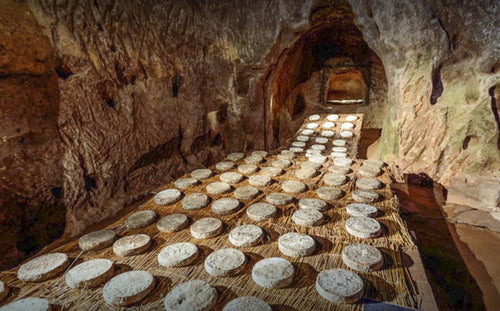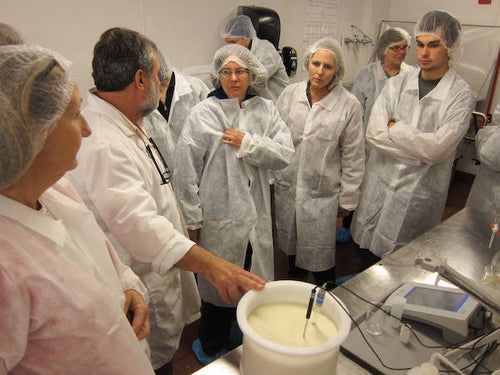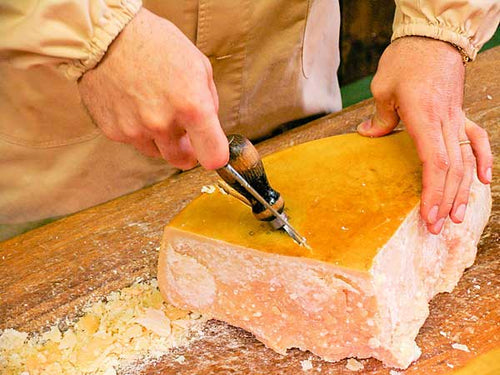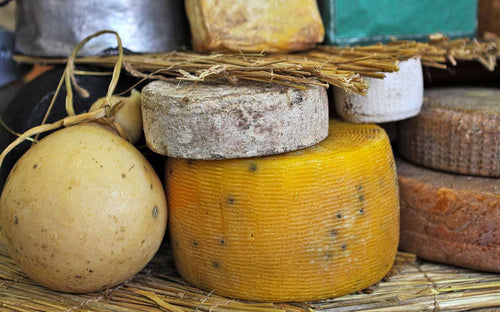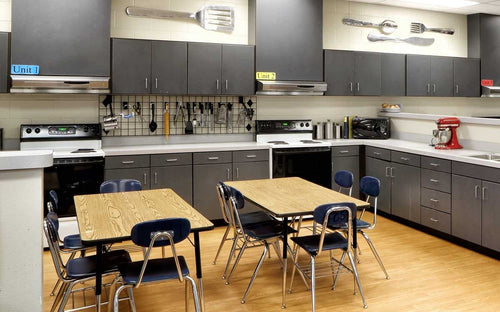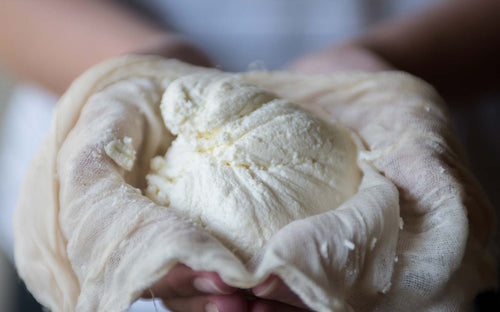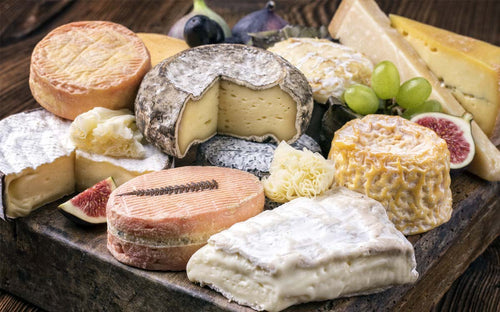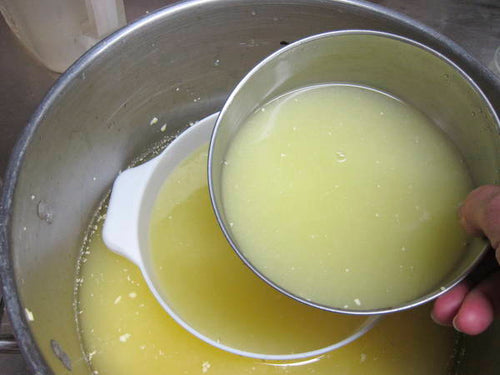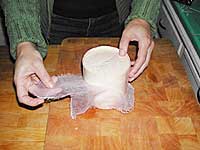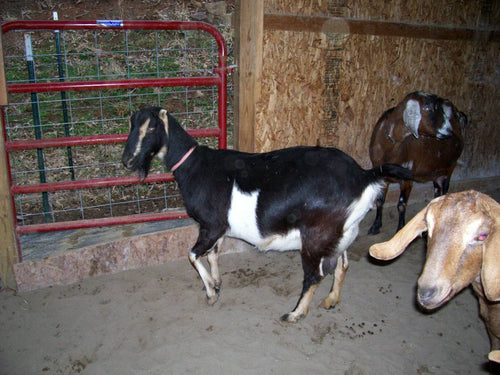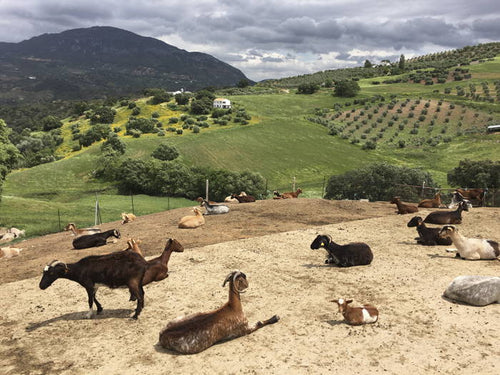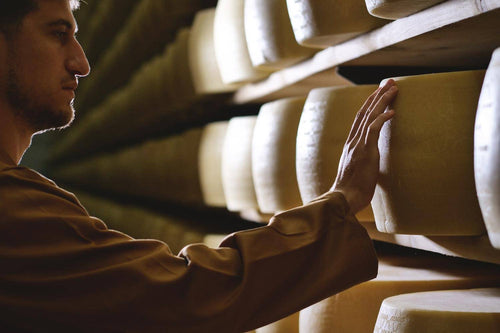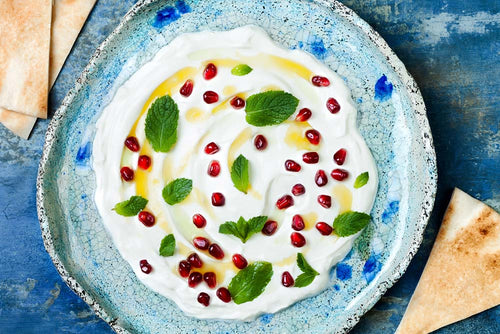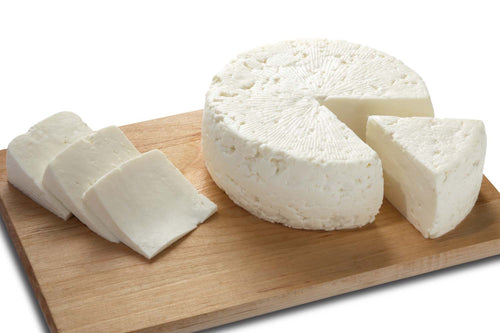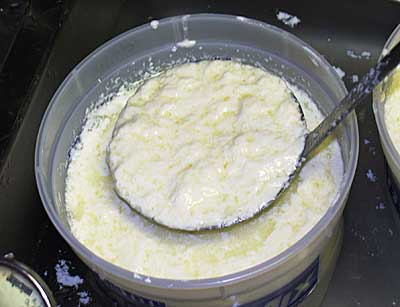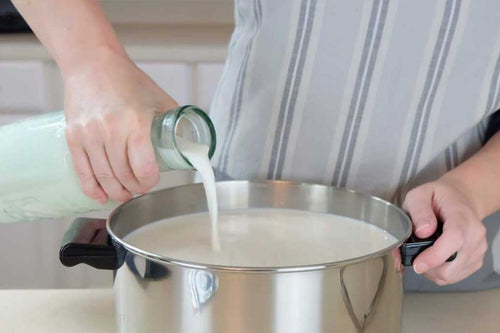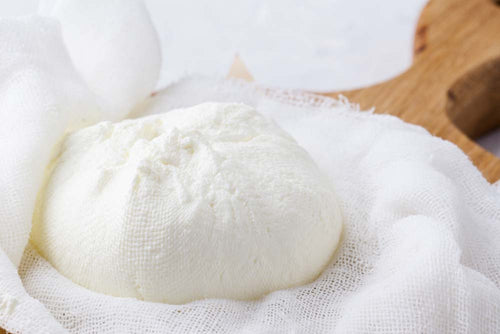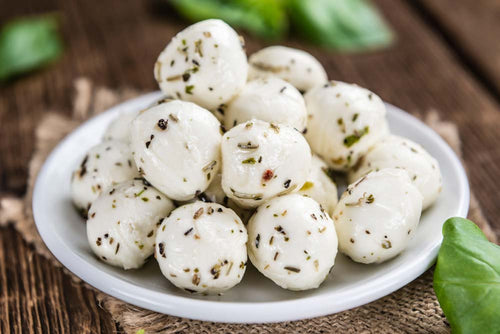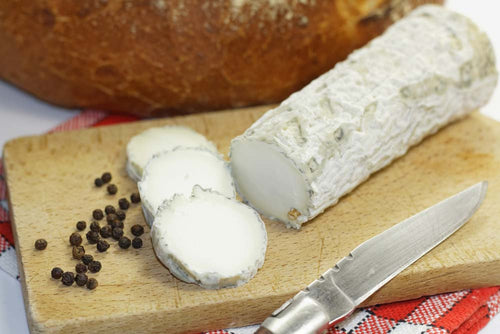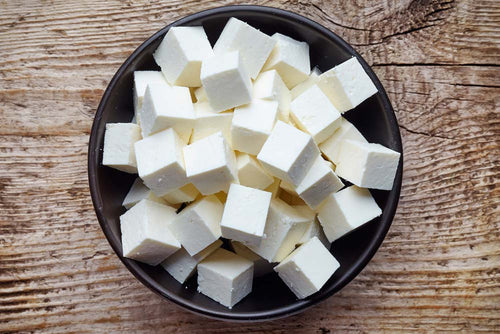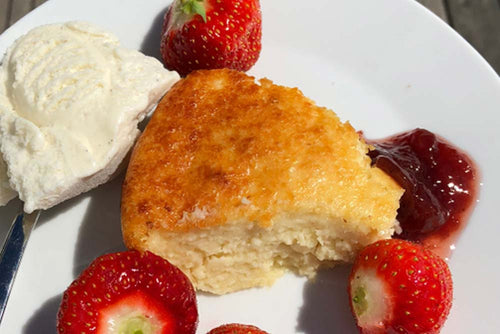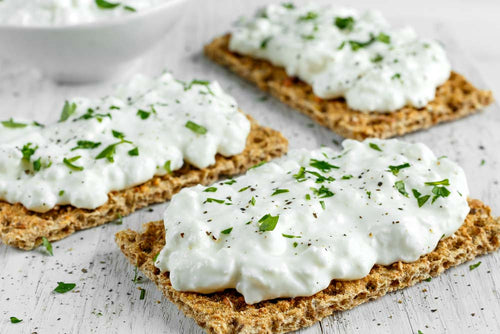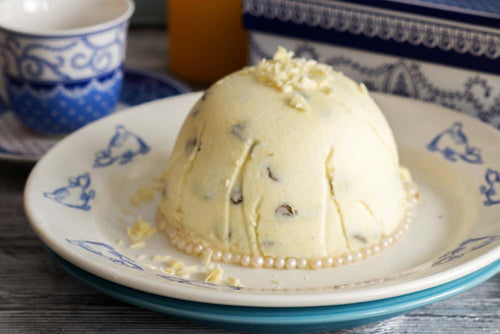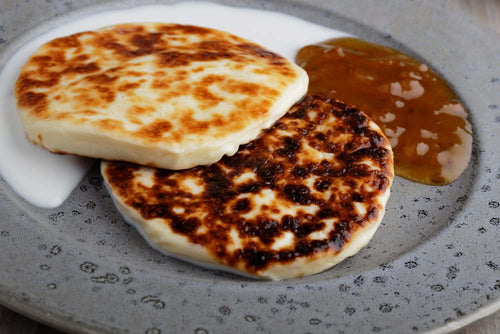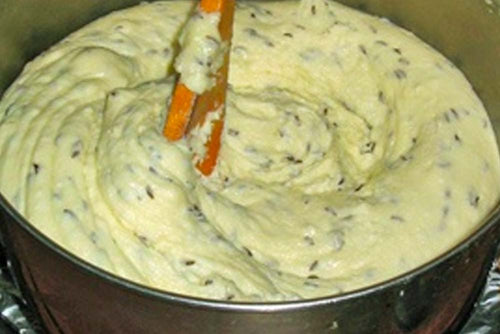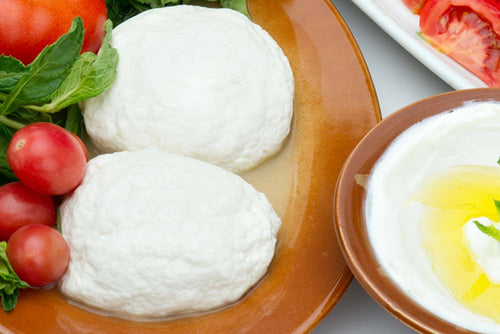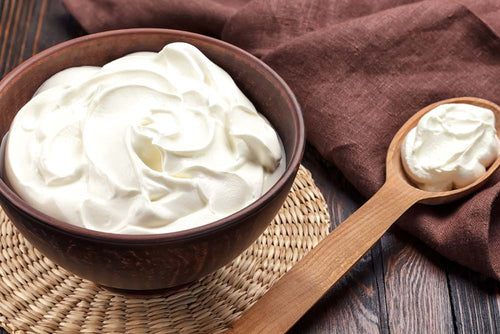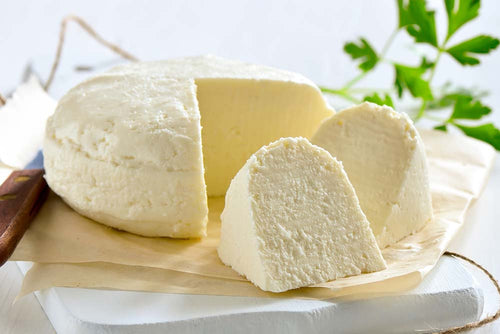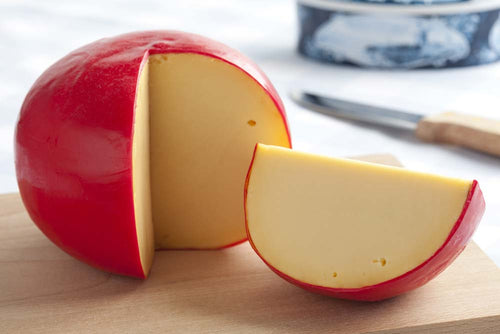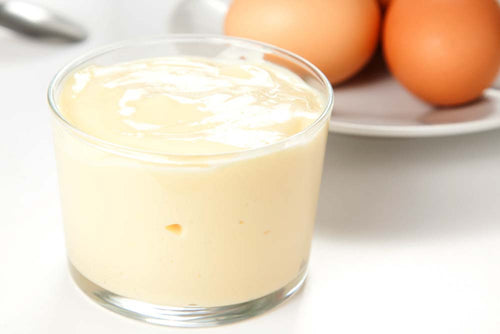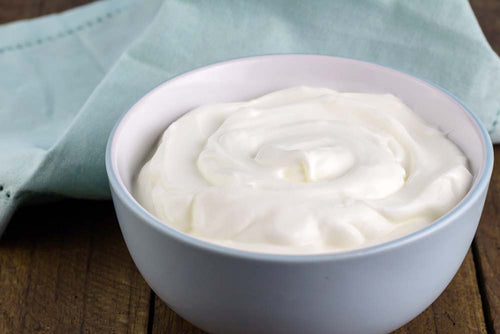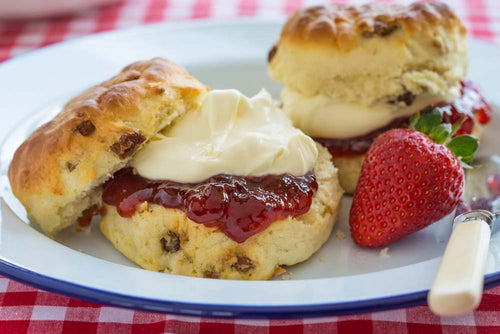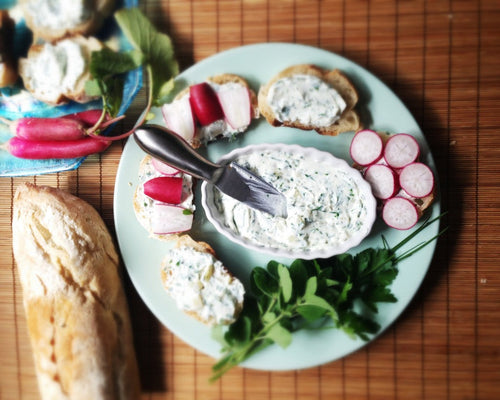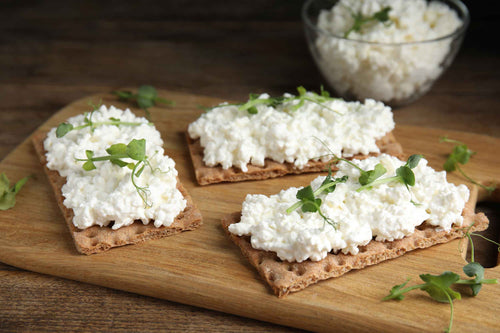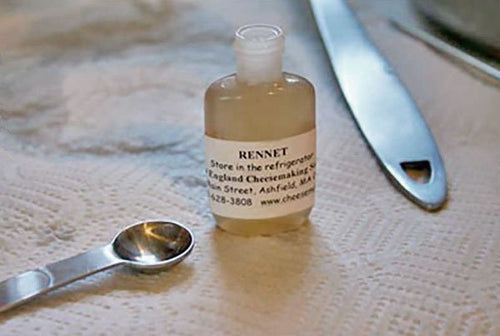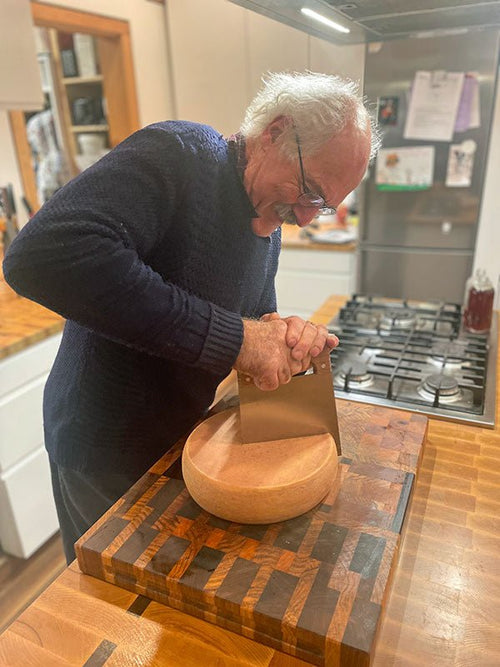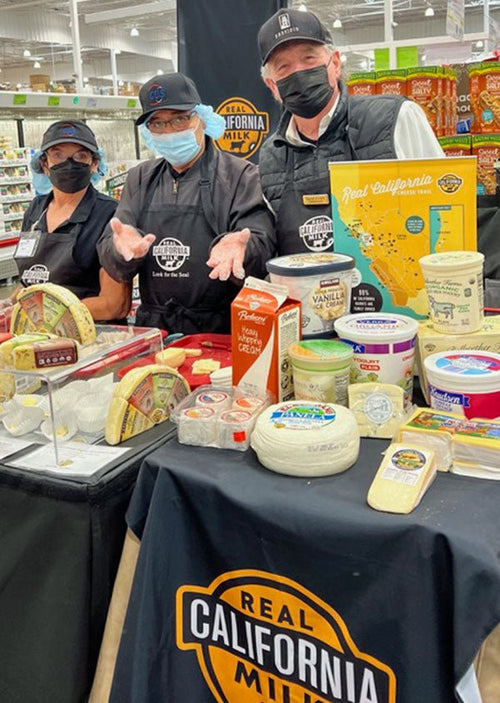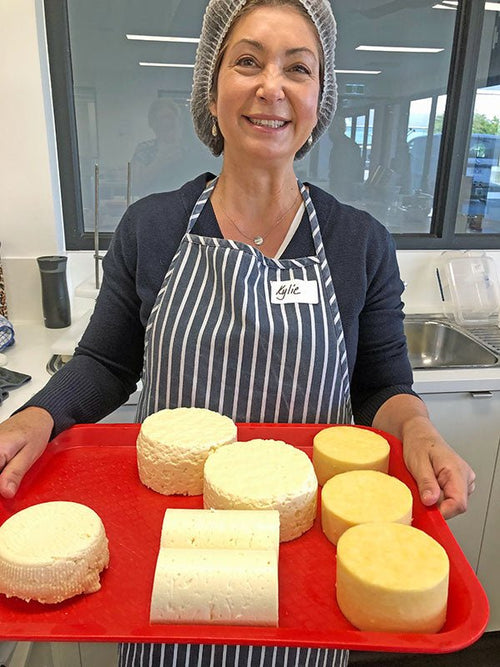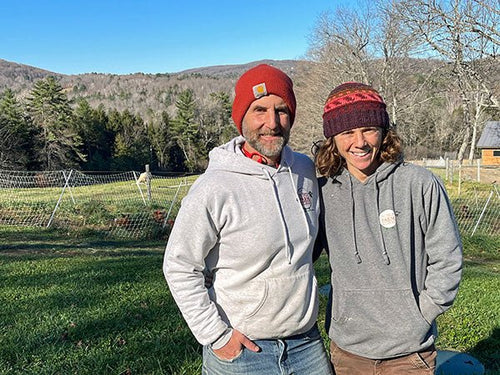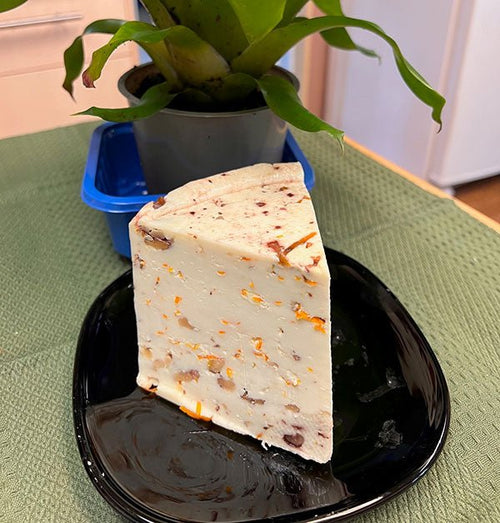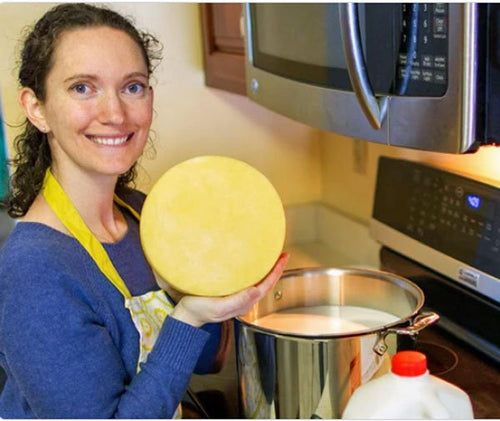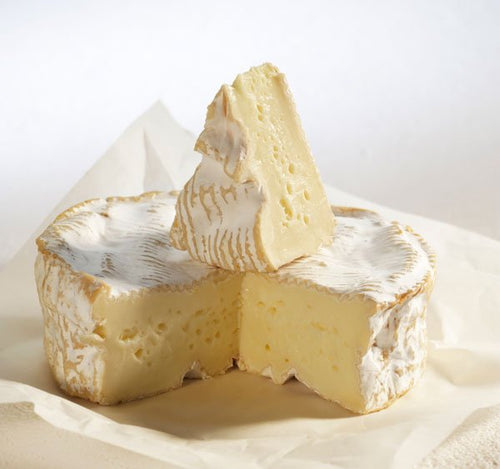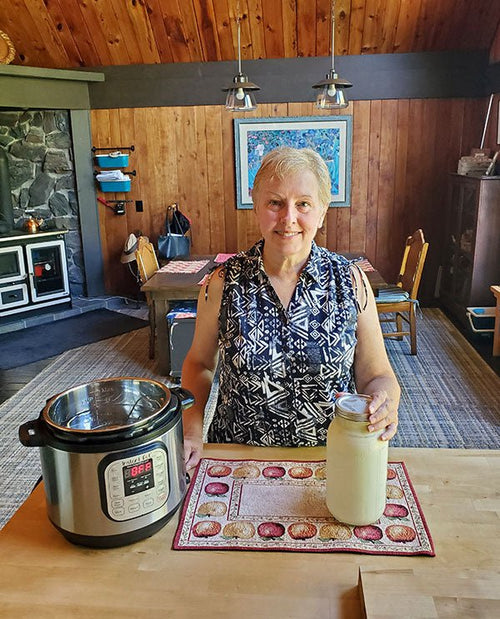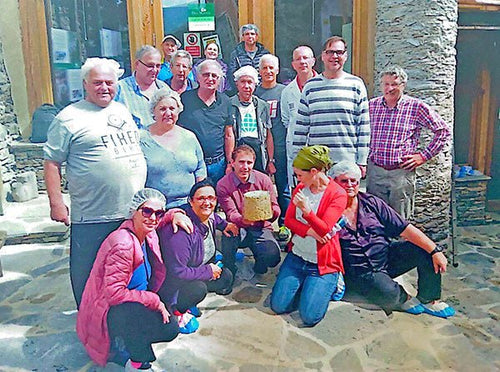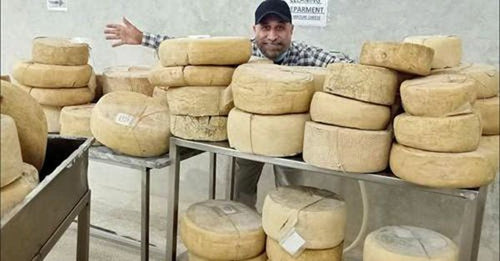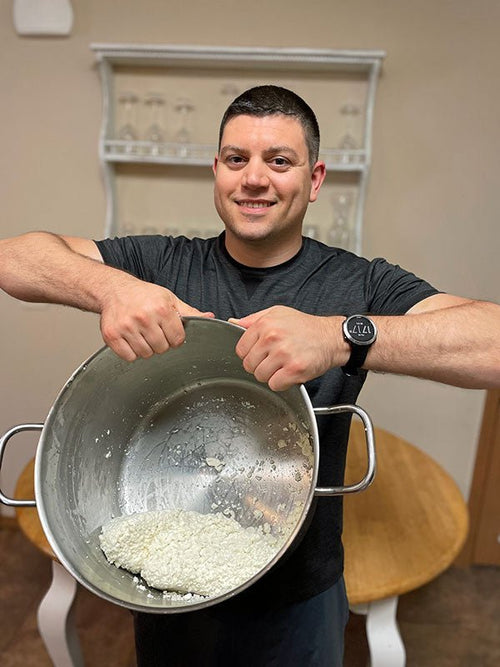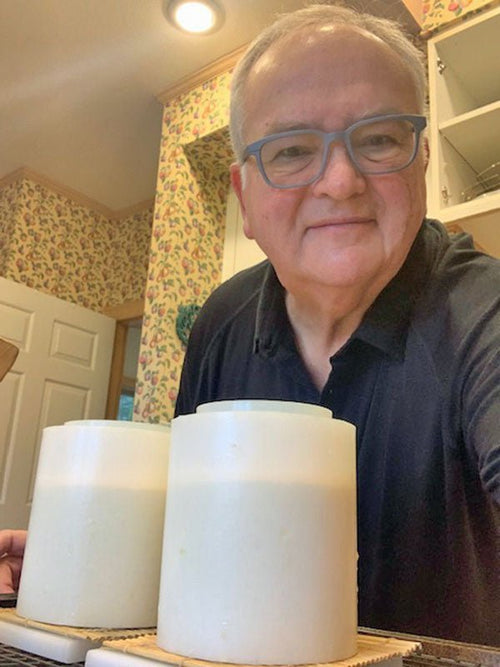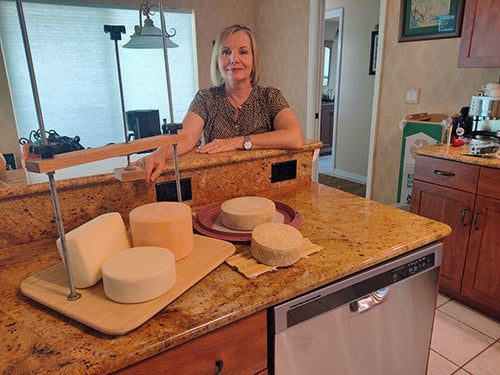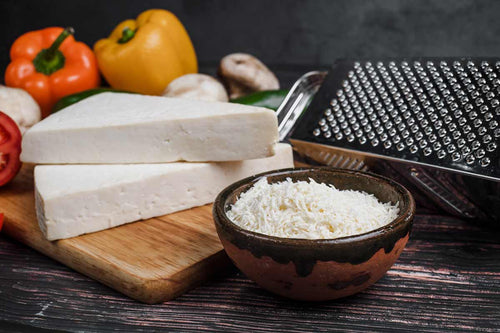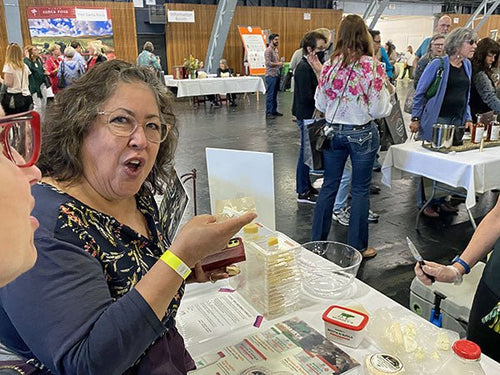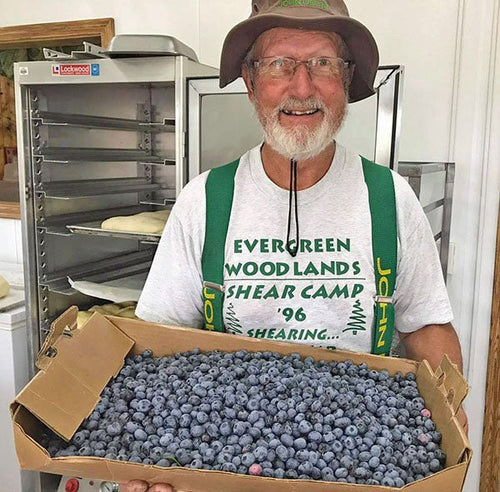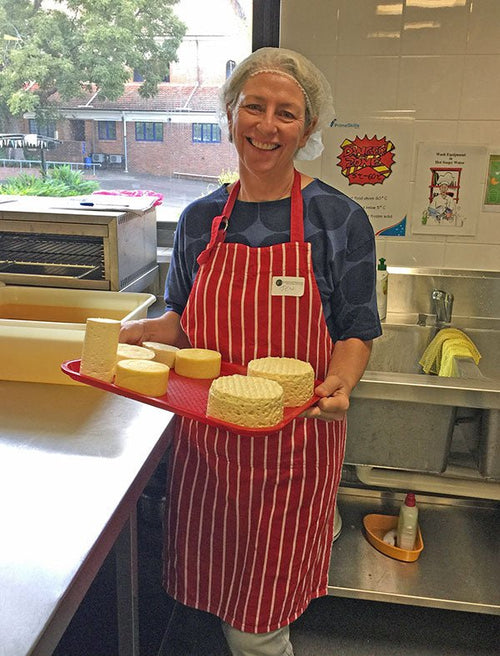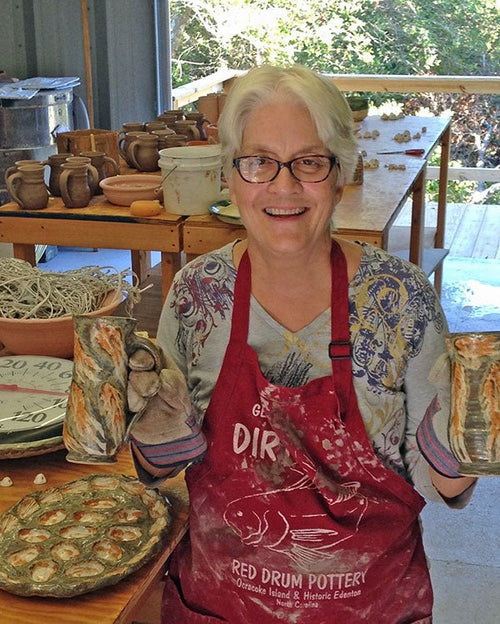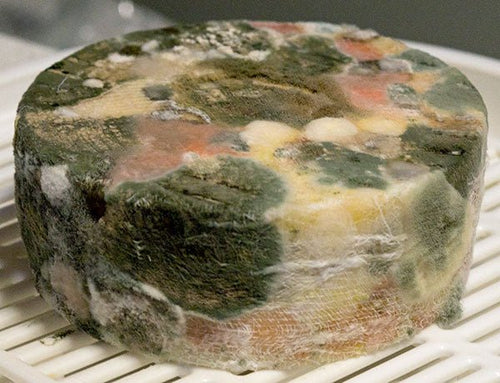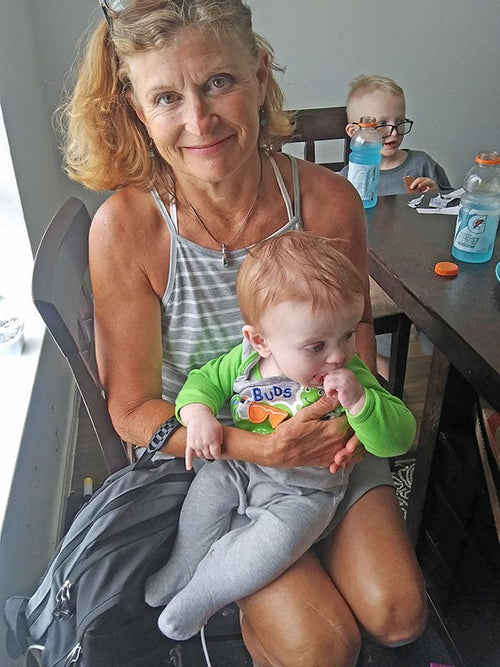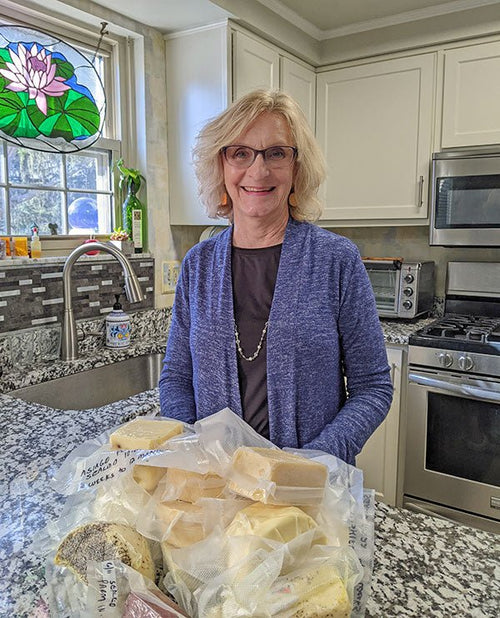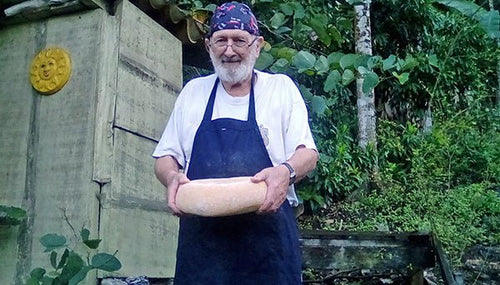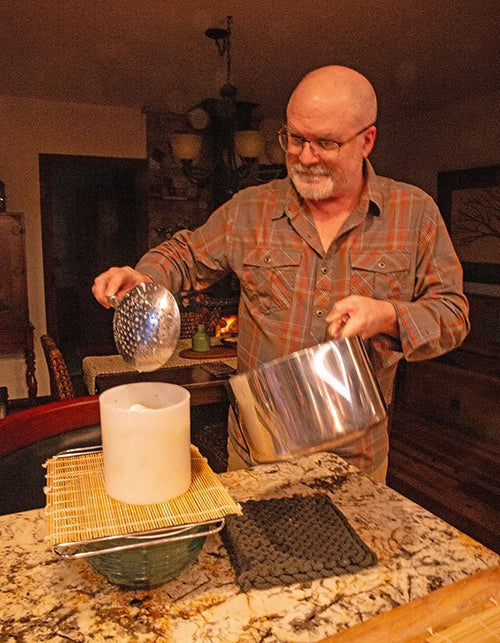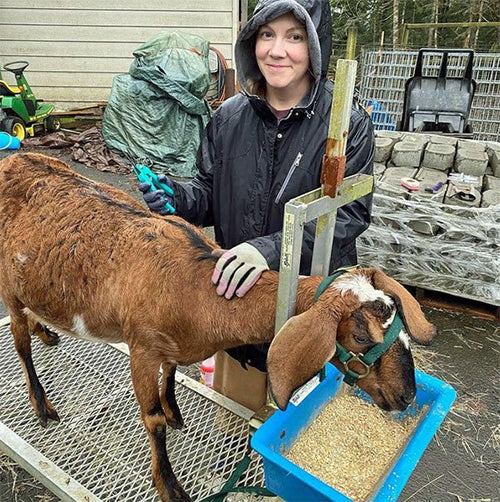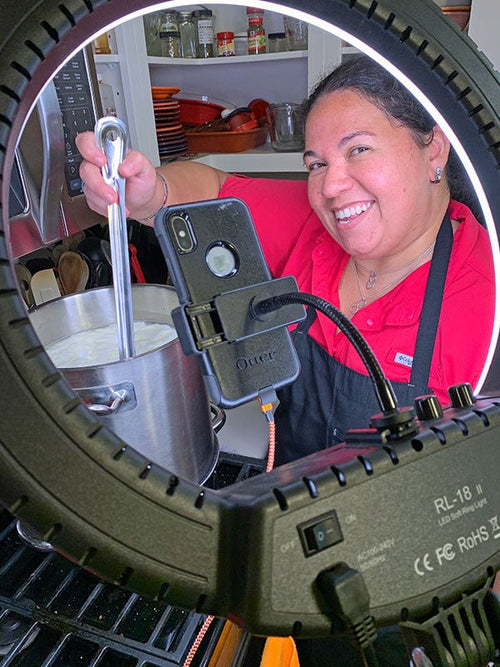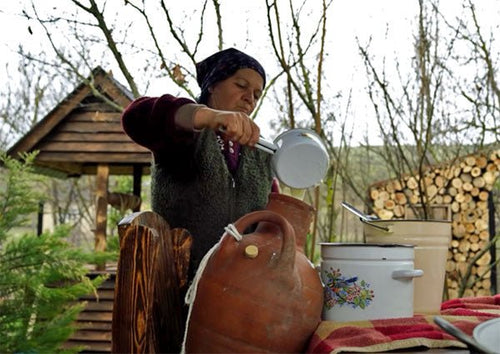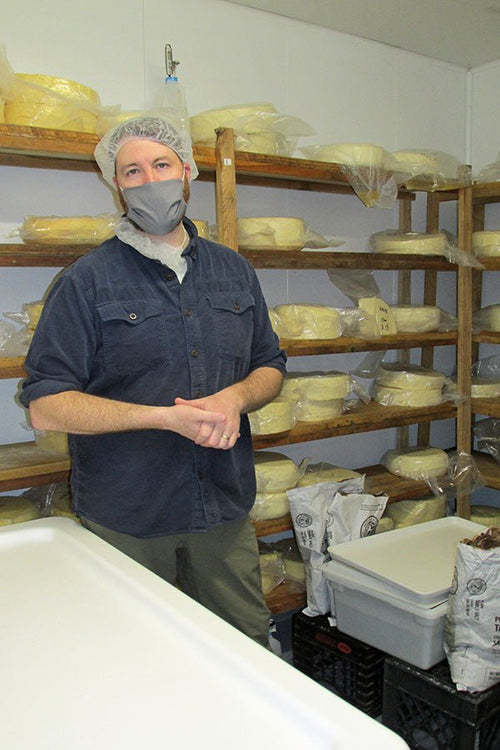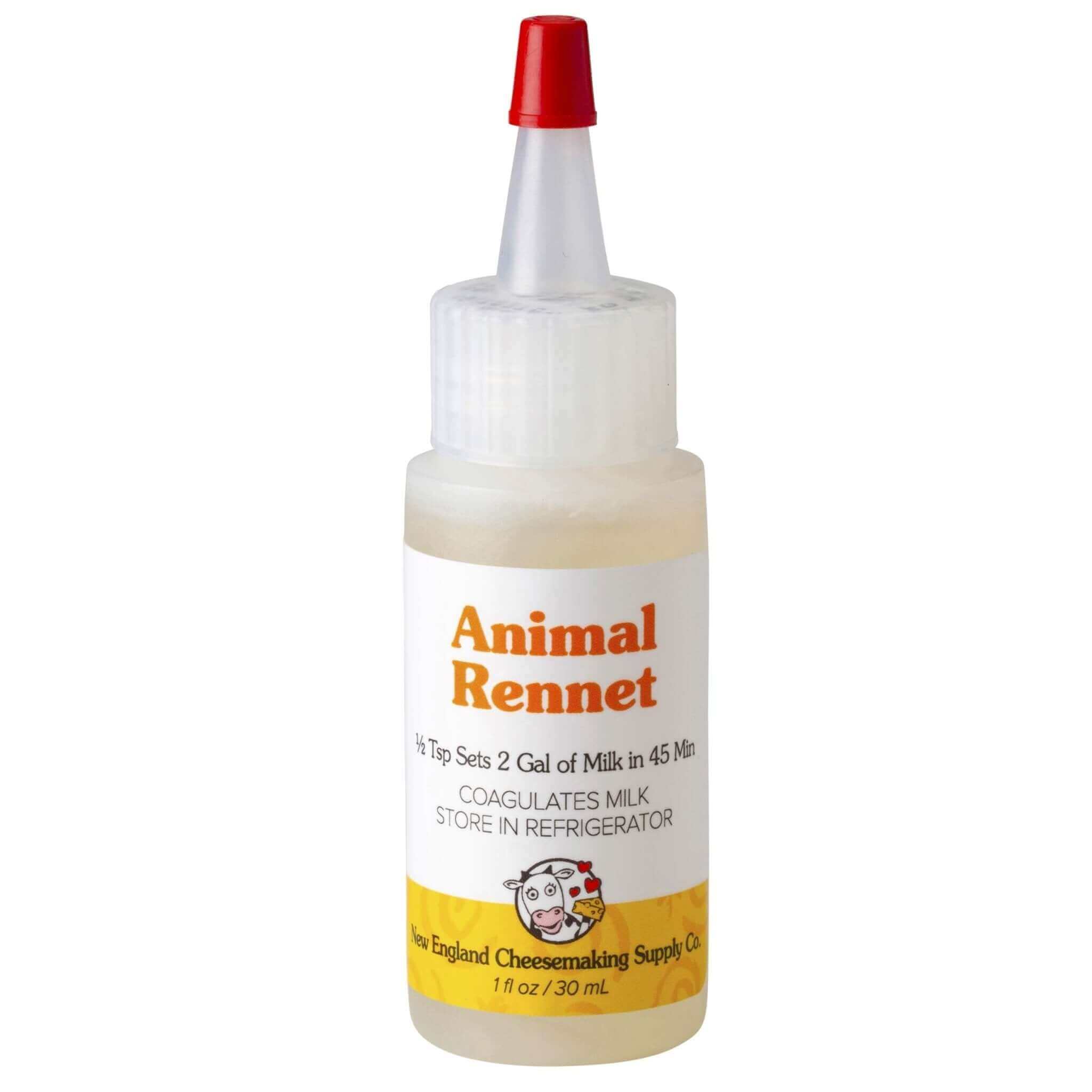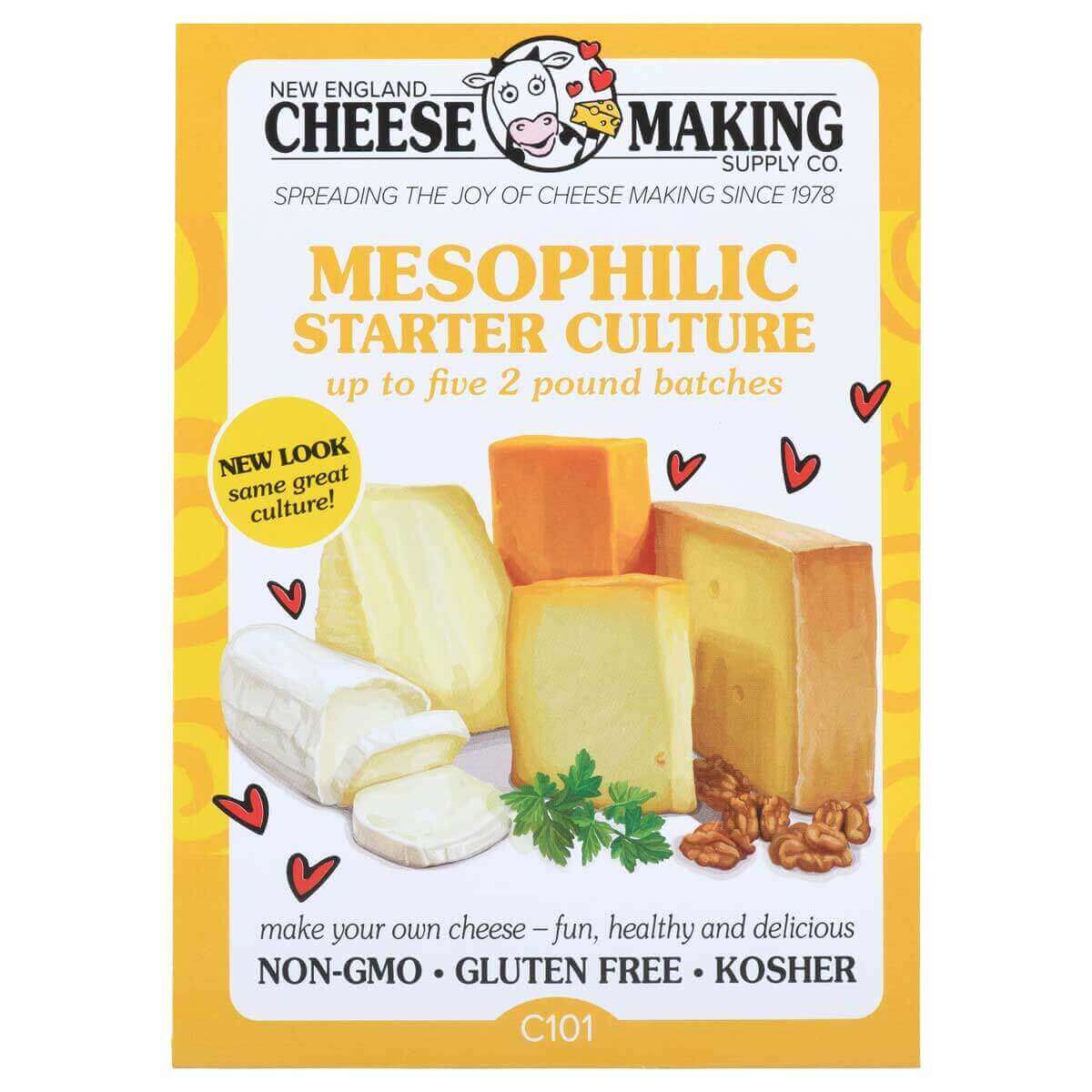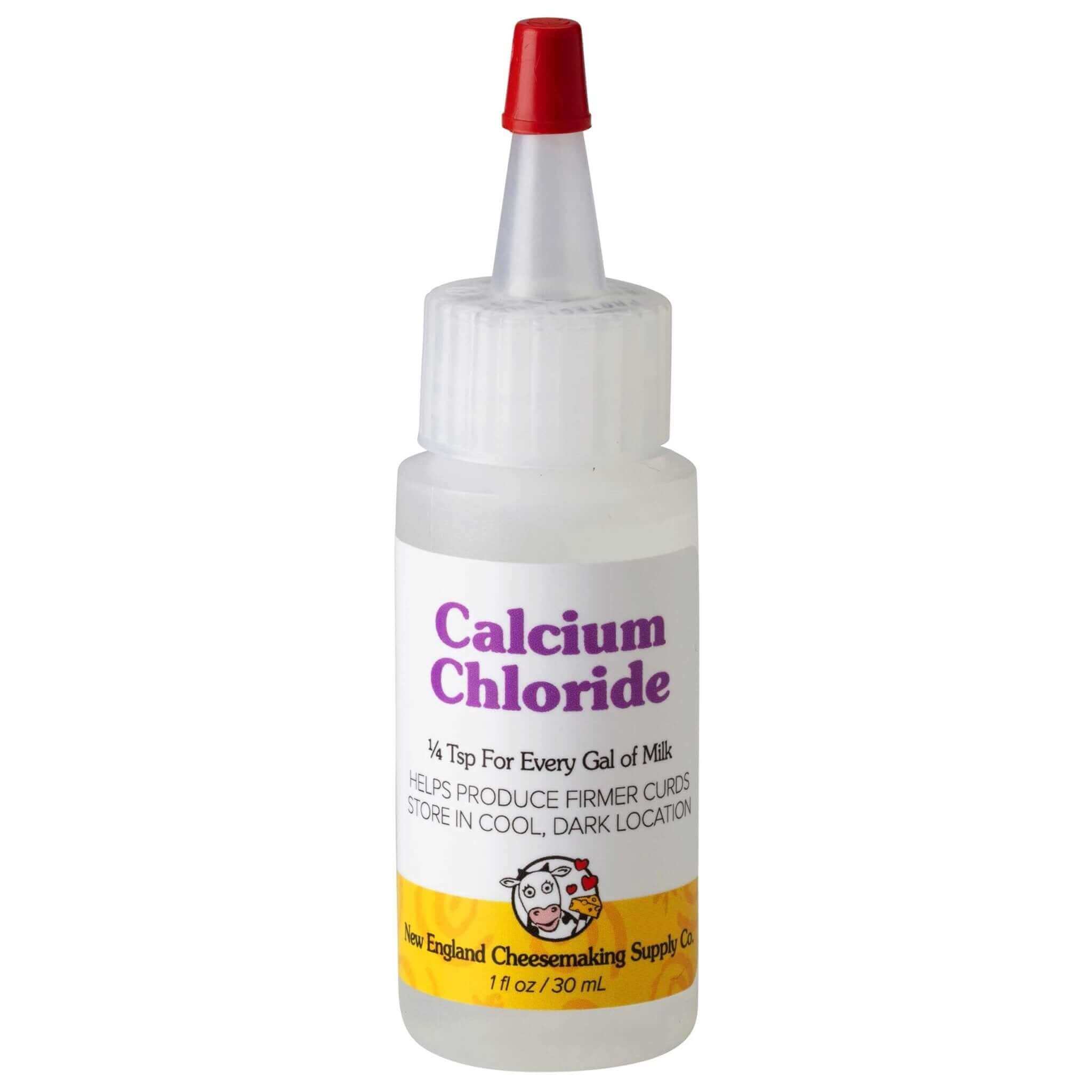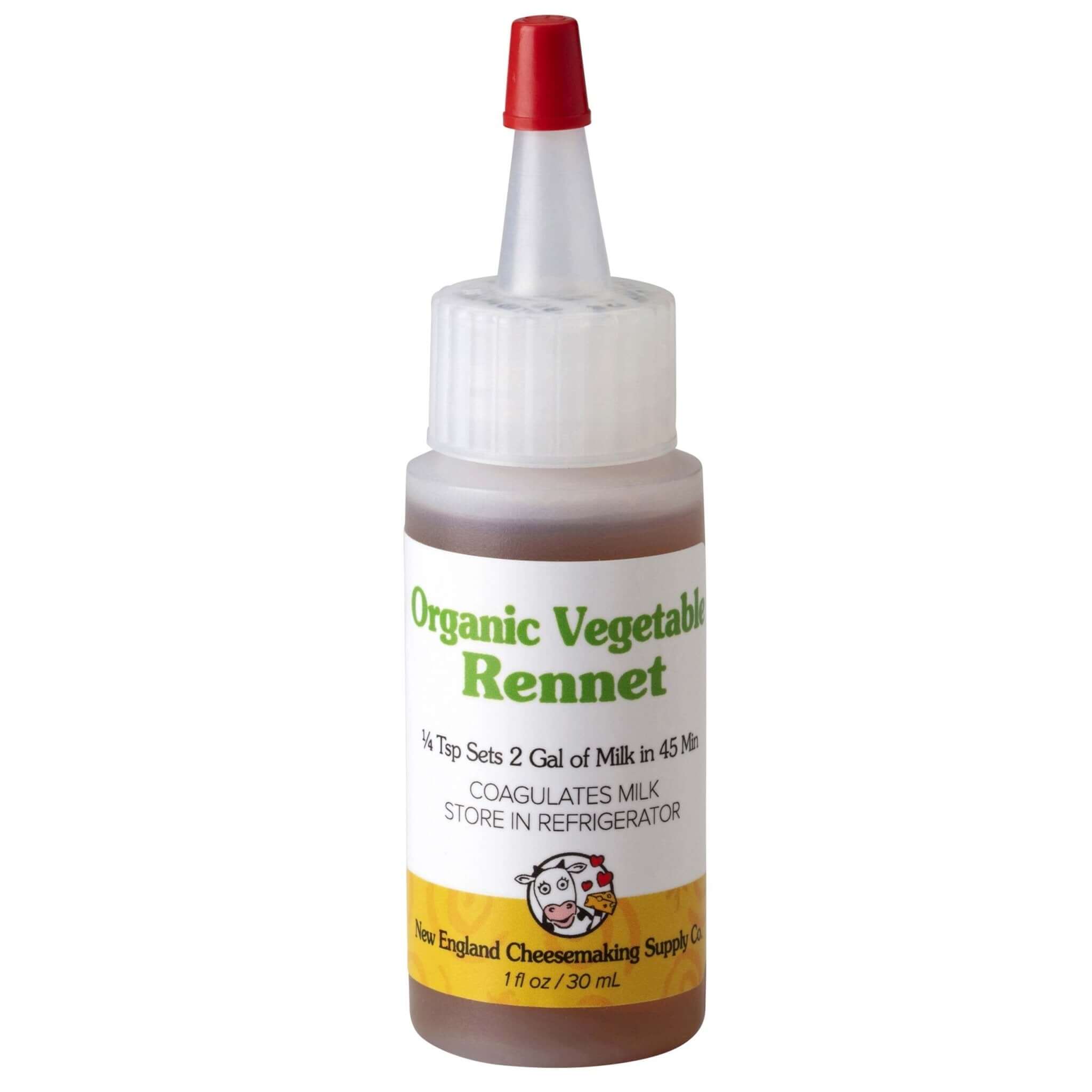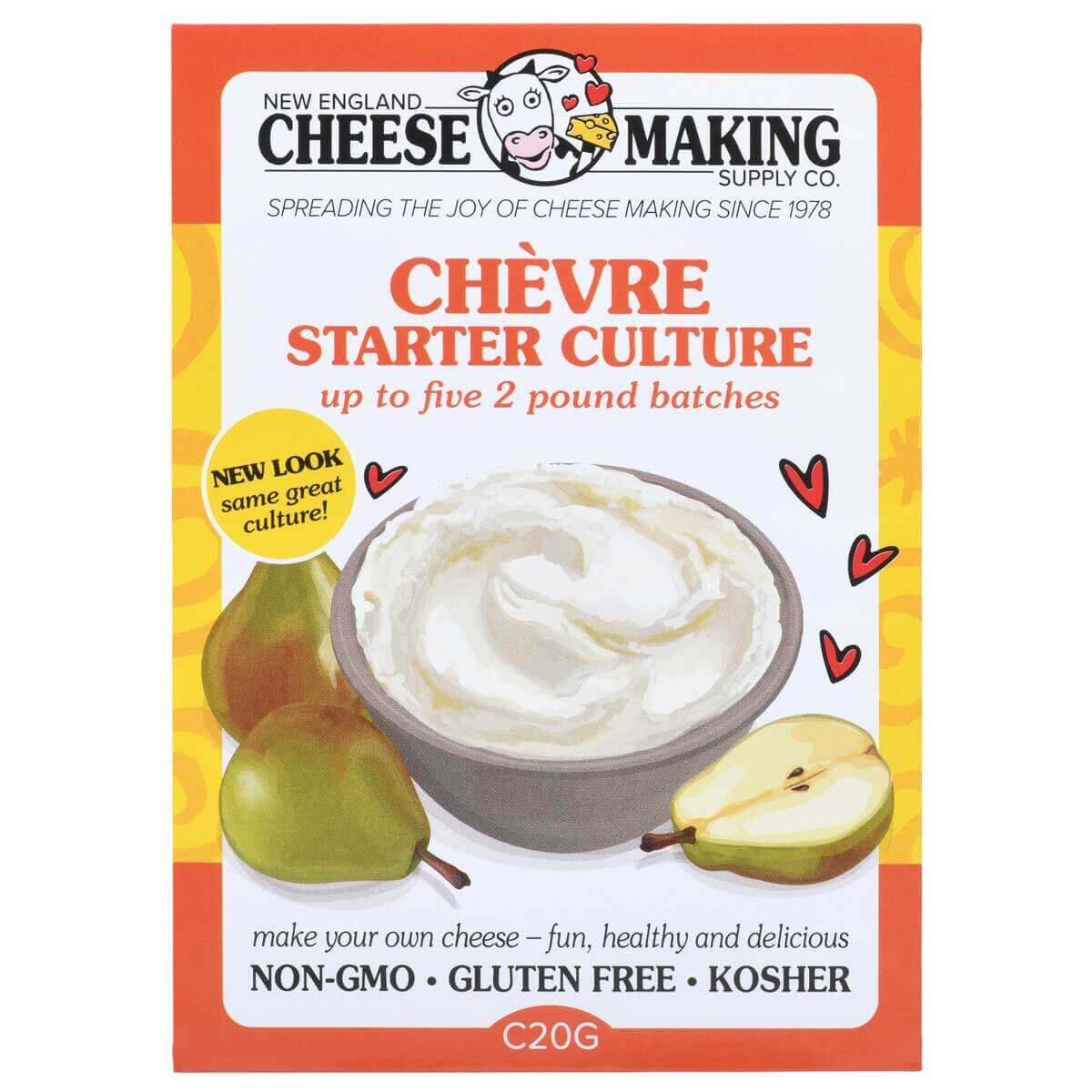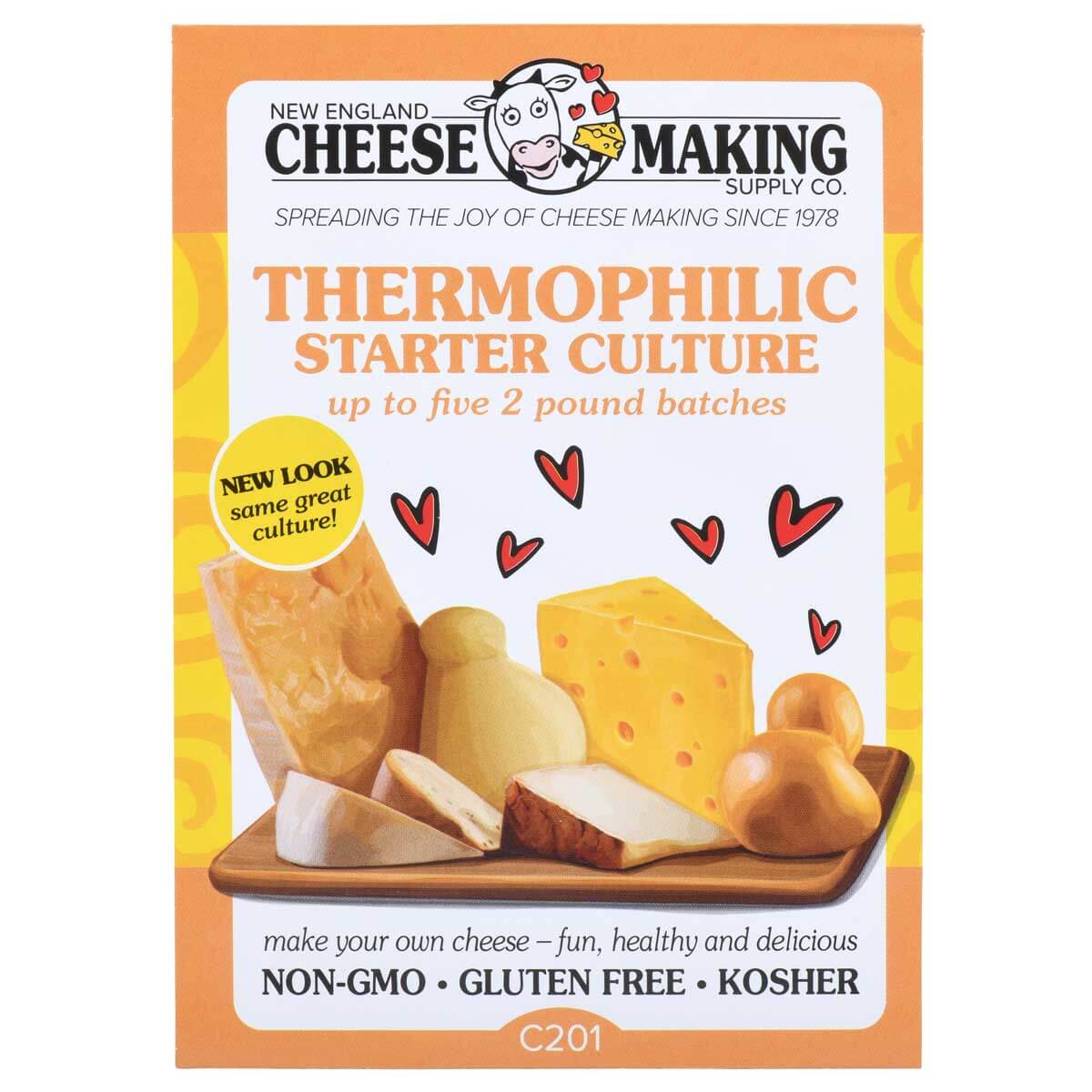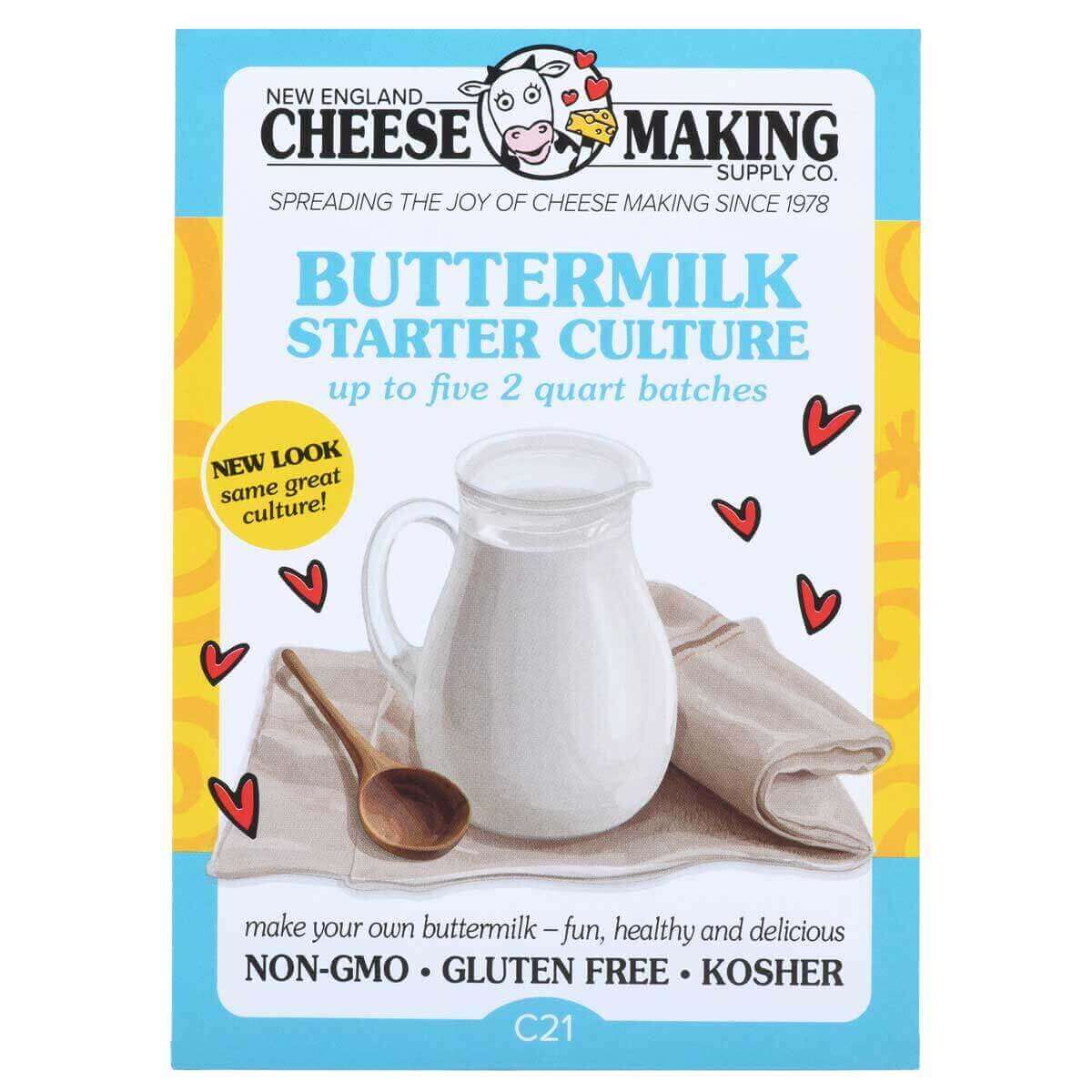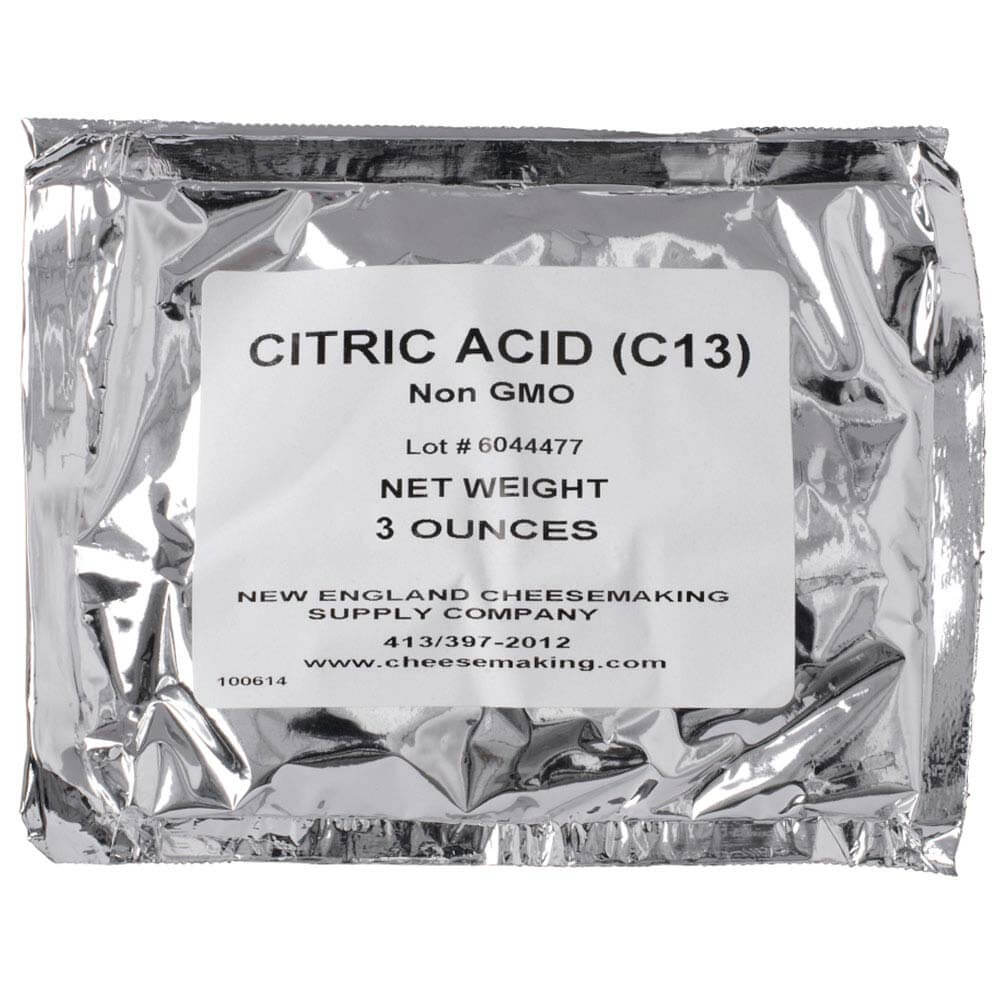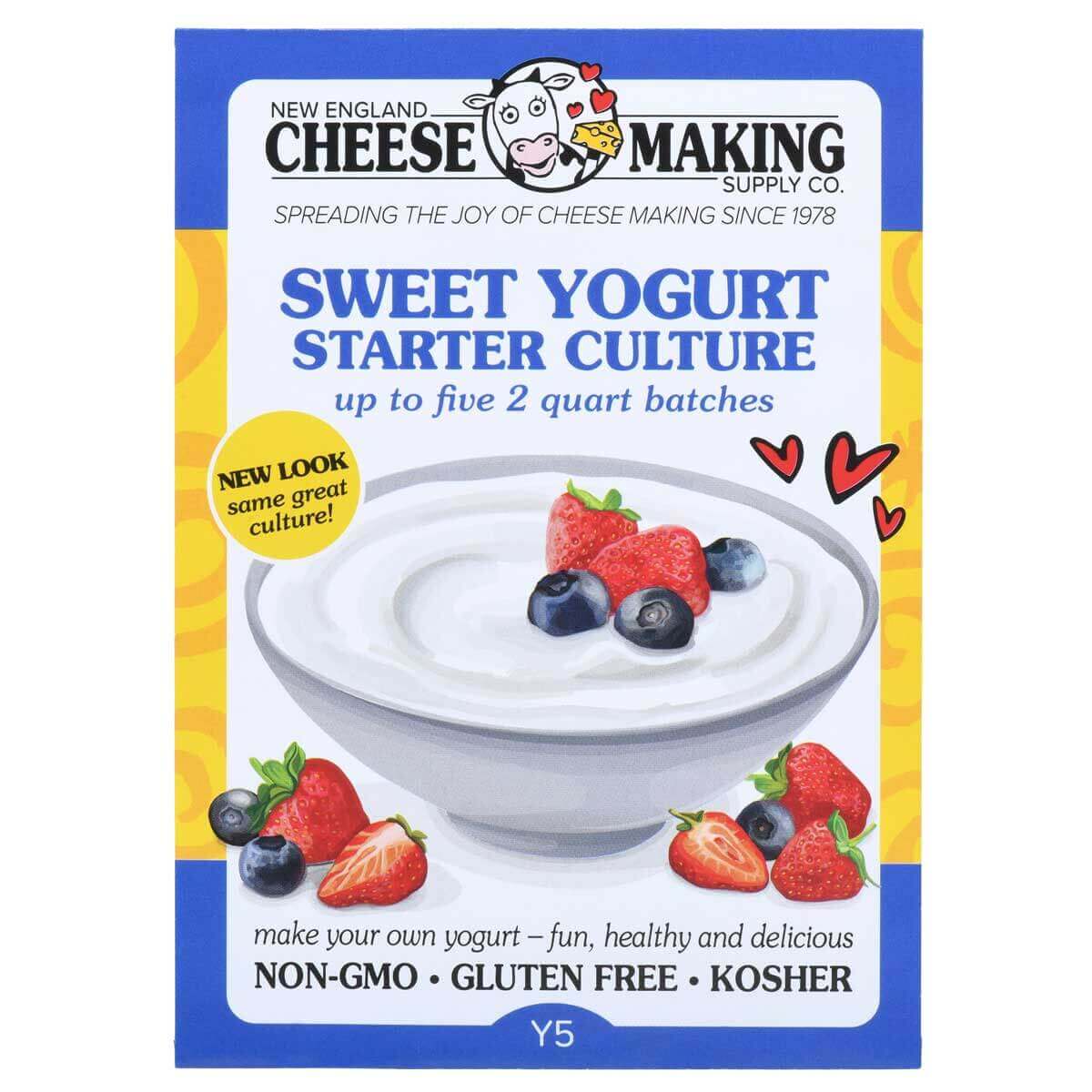
Now is a great time to start making holiday gifts (like the homemade vanilla extract we made a few weeks ago). All you need is the bottles and some cute labels and everybody’s happy (this drink, in particular, will make everybody happy because it’s 100 proof!).
Bob Albers in Louisiana is always busy making cool fermented food and he has kindly shared many of his recipes with us.* He got this one when he was working in Sicily. One day at lunch with some of the local engineers, they suggested he have some. They told me that they made it at home and gave him the recipe.
At first, I was hesitant to try it because I didn’t have a juicer, so I asked Bob if I could peel the lemons:
I think the better approach would be to first, roll the lemons around under moderate hand pressure to break up some of the internal pulp, then cut them in half and squeeze them into a collecting jar. As the structure of the outer skin is kind of cellular and the oils are in those tiny pockets, you want to not break any more if those than necessary. I think a potato peeler would break so many causing a significant loss of the lemon oil which you want to extract.
I ended up going to a second-hand store to buy a juicer and followed the directions below:
Limoncello (Limonite)
By Bob Albers*
Sicilians prefer to call Limoncello “Limonite” when they make it at home. They use metric measurements, but I have modified the recipe to use the English measurement system.
Ingredients:
6 Eureka lemons (The Eureka lemon is the most common lemon available in the supermarket. It is there because it can be grown in a wider variety of climates than other varieties and it also fruits year long. Whether you are using fruit from the supermarket or direct from the farm, first wash it. From the farm, it will have dust, pollen and other things which are not lemon. From the supermarket, it will likely have a very thin coating of wax preservative (to keep the color bright). We don’t want that in our beverage either.)
1 pt. Everclear (Vodka won’t work in anything like a reasonable time)
2 cups sugar
2 cups water
Equipment:
1 paring knife
1 pint or larger Mason jar with lid
1 quart Mason jar with lid
1 quart or larger sauce pan
1 2 cup or larger measuring cup
1 medium sized funnel
1 paper coffee filter

Directions:
Cut the lemons in half and juice them. Set the juice aside for other uses as iced tea, lemonade, etc.

Now, quarter each half of the juiced lemon and remove all traces of fruit and the white pith, leaving only the yellow outer part. Alternately, you could use a paring knife to peel the outer part of the lemon before cutting it in half for juicing. The point here is you want to remove as much pith as possible to use only the yellow outer part. If you use a micro-plane, you probably will lose much of the lemon oils and esters which we want in our Limonite.
Place the cleaned, de-pithed peels in a 1-pint or larger Mason jar. Add the Everclear.

Set it aside for 1 week or a little more (up to a month). During that time, the liquid will take on a beautiful yellow color.
After the week is over, make a simple syrup by dissolving the sugar in the water in a sauce pan. Heat the mixture while stirring until all the sugar is dissolved.
Place 2 cups of this simple syrup in a 1 qt. Mason jar. Let it cool to room temperature.
Now, open the pint jar of lemon peels & Everclear. Pour the liquid out through a coffee filter lined funnel into the 1 qt. Mason jar SLOWLY. Mixing alcohol & water will give off heat. If you go too fast, it might be enough to break the jar.

Cap the jar and slowly rotate it top to bottom several times to mix the Limonite well.

Before stirring, the lemon separates from the alcohol.
What we now have is 100 proof Limonite. If you want a lower proof, add more simple syrup accordingly. Should you prefer a sweeter cordial, double up on the sugar next time.
To serve, place the Limonite in the freezer for at least 1 hour and serve it after the meal as a digestive or before the meal as a cordial. I suggest using 1 oz. cordial glasses. Sip slowly and enjoy.

For printing:
Limoncello (Limonite)
Ingredients:
6 Eureka lemons (The Eureka lemon is the most common lemon available in the supermarket. It is there because it can be grown in a wider variety of climates than other varieties and it also fruits year long. Whether you are using fruit from the supermarket or direct from the farm, first wash it. From the farm, it will have dust, pollen and other things which are not lemon. From the supermarket, it will likely have a very thin coating of wax preservative (to keep the color bright). We don’t want that in our beverage either.)
1 pt. Everclear (Vodka won’t work in anything like a reasonable time)
2 cups sugar
2 cups water
Equipment:
1 paring knife
1 pint or larger Mason jar with lid
1 quart Mason jar with lid
1 quart or larger sauce pan
1 2 cup or larger measuring cup
1 medium sized funnel
1 paper coffee filter
Directions:
Cut the lemons in half and juice them. Set the juice aside for other uses as iced tea, lemonade, etc.
Now, quarter each half of the juiced lemon and remove all traces of fruit and the white pith, leaving only the yellow outer part. Alternately, you could use a paring knife to peel the outer part of the lemon before cutting it in half for juicing. The point here is you want to remove as much pith as possible to use only the yellow outer part. If you use a micro-plane, you probably will lose much of the lemon oils and esters which we want in our Limonite.
Place the cleaned, de-pithed peels in a 1-pint or larger Mason jar. Add the Everclear.
Set it aside for 1 week or a little more (up to a month). During that time, the liquid will take on a beautiful yellow color.
After the week is over, make a simple syrup by dissolving the sugar in the water in a sauce pan. Heat the mixture while stirring until all the sugar is dissolved.
Place 2 cups of this simple syrup in a 1 qt. Mason jar. Let it cool to room temperature.
Now, open the pint jar of lemon peels & Everclear. Pour the liquid out through a coffee filter lined funnel into the 1 qt. Mason jar SLOWLY. Mixing alcohol & water will give off heat. If you go too fast, it might be enough to break the jar.
Cap the jar and slowly rotate it top to bottom several times to mix the Limonite well.
Before stirring, the lemon separates from the alcohol.
What we now have is 100 proof Limonite. If you want a lower proof, add more simple syrup accordingly. Should you prefer a sweeter cordial, double up on the sugar next time.
To serve, place the Limonite in the freezer for at least 1 hour and serve it after the meal as a digestive or before the meal as a cordial. I suggest using 1 oz. cordial glasses. Sip slowly and enjoy.
 *About Bob
*About Bob
Bob is a retired electronics engineer who has traveled all around the world, but now lives in Mandeville, Louisiana. He has written 13 articles for us so far (including this one), and we have done one about him (click here). We’re very grateful to him for his contributions to our community of home cheese makers.
These are his previous articles, listed in order with the most recent at top:
An Easy Way to Flip Camembert
Creole Cream Cheese Recipe #2
Calculating Weights for the Dutch Style Press
Be a Court Appointed Special Advocate (CASA)
Time Keeping Spreadsheet for Making Cheese
Kummelkase (Caraway Cheese)
Cream Cheese Experiment
Bob’s Homemade Curd Cutter – Part 2
Bob’s Homemade Horizontal Curd Cutter
Making a Drying Box
About Cooking Curds
Creole Cream Cheese



